

**website under construction**
Psy-Cope
'Coping with Psychosis'
www.psy-cope.yolasite.com

Psychosis (n, pl) - ses; a severe mental disorder in which the sufferer's contact with reality becomes distorted - psychotic (adj) - Collins English Dictionary, 2008
Feature of the Month
Interviews with recovery stories, campaigns, organisations, projects, specifically to psychosis and schizophrenia but also other mental health.
Makes a good read! I hope someone finds it helpful!
FEATURE OF THE MONTH
July 2021
Safia Aslam

Download the PDF version of this interview here.
Thank you for taking the time to complete these interview questions.
Please, tell us about you and the work that you do?
Has this, and if yes, how does, this link to mental health?
What has been some of the best moments of your journey creating your work?
What projects are you currently working on? And if yes, which are there upcoming?
Do you have any ‘coping strategies’ that you use, either with daily life or in mental health?
How do you view the journey of recovery?
What does the future hold for you?
Favourite Quote?
Web link
Social Media links
https://www.facebook.com/slifecoachmanchester
https://twitter.com/SMindsetCoach
FEATURE OF THE MONTH
June 2021
Briana
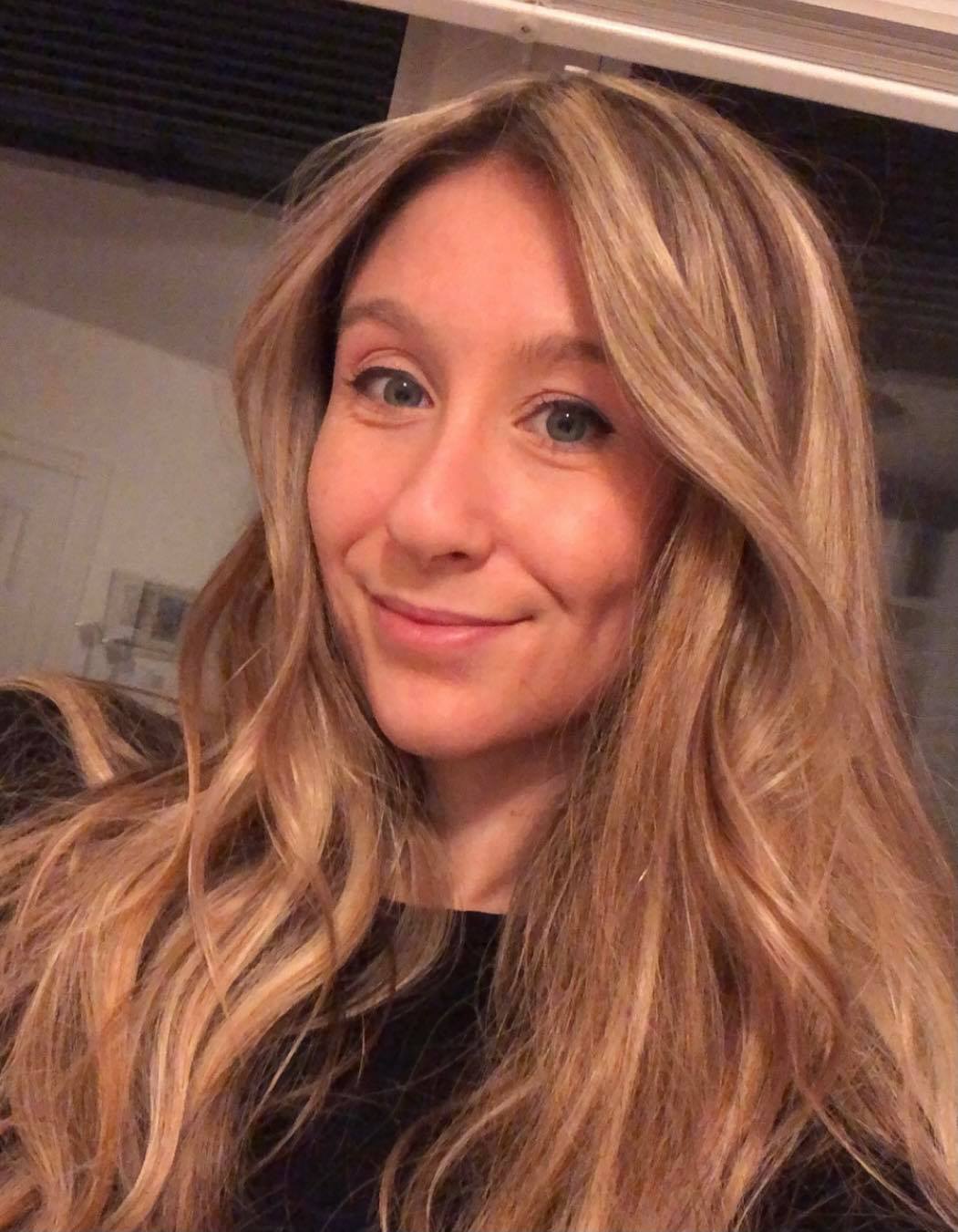
Download the PDF version of this interview here.
Thank you for taking the time to complete these interview questions.
Please, tell us about you and the work that you do?
Has this, and if yes, how does, this link to mental health?
What has been some of the best moments of your journey creating your work?
What projects are you currently working on? And if yes, which are there up-coming?
Do you have any ‘coping strategies’ that you use, either with daily life or in mental health?
How do you view the journey of recovery?
What does the future hold for you?
Favourite Quote?
Web link
If you’d like to participate in our ongoing study, here is the link to the questionnaire (takes about 30 minutes to complete): https://cripcas.eu.qualtrics.com/jfe/form/SV_b7VixraGq8AdJbL
Social Media links
Our lab’s website can be found at: https://en.lespoir.ca
FEATURE OF THE MONTH
May 2021
Charles Hughes
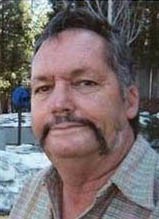
Download the PDF version of this interview here.
Thank you for taking the time to complete these interview questions.
Please, tell us about you and the work that you do?
What has been some of the best moments of your journey creating your work?
What projects are you currently working on? And if yes, which are there up-coming?
Do you have any ‘coping strategies’ that you use, either with daily life or in mental health?
How do you view the journey of recovery?
What does the future hold for you?
Favourite Quote?
FEATURE OF THE MONTH
April 2021
Interview with Don Karp
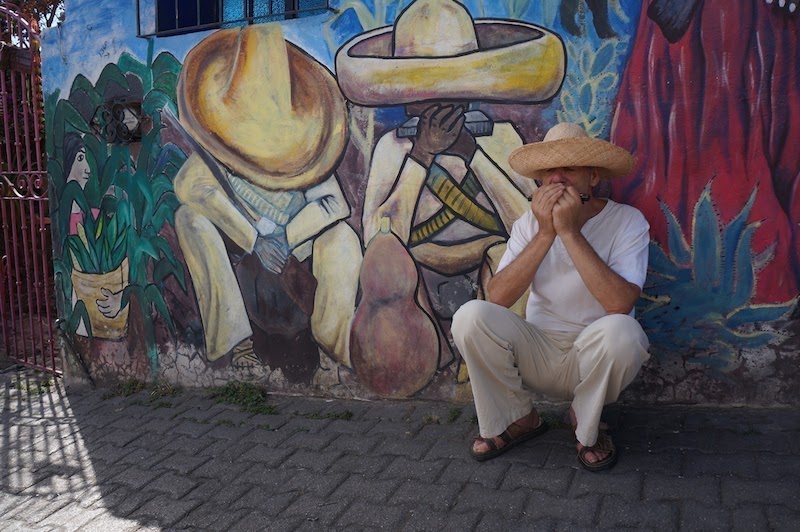
Download the PDF version of this interview here.
Thank you for taking the time to complete these interview questions.
Please, tell us about you and the work that you do?
Has this, and if yes, how does, this link to mental health?
What has been some of the best moments of your journey creating your work?
What projects are you currently working on? And if yes, which are there up-coming?
Do you have any ‘coping strategies’ that you use, either with daily life or in mental health?
How do you view the journey of recovery?
What does the future hold for you?
Favourite Quote?
Web link: https://www.donkarp.com
Social Media links:
https://www.facebook.com/DonKarpauthor
https://www.linkedin.com/in/donkarp/
https://twitter.com/DonKarp_author
FEATURE OF THE MONTH
May 2020
Recovery Box – Douglas Holmes and Pete McGee


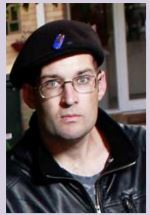
Download the PDF version of this interview here.
Thank you for taking the time to complete these interview questions.
Please, tell us about you and the work that you do?
Has this, and if yes, how does, this link to mental health?
What has been some of the best moments of your journey creating your work?
What projects are you currently working on? And if yes, which are there upcoming?
Do you have any ‘coping strategies’ that you use, either with daily life or in mental health?
How do you view the journey of recovery?
What does the future hold for you?
Favourite Quote?
Web link: Recovery Box Web www.recovery-box.com
FEATURE OF THE MONTH
April 2020
Neil Blanks, QA Hospital Radio

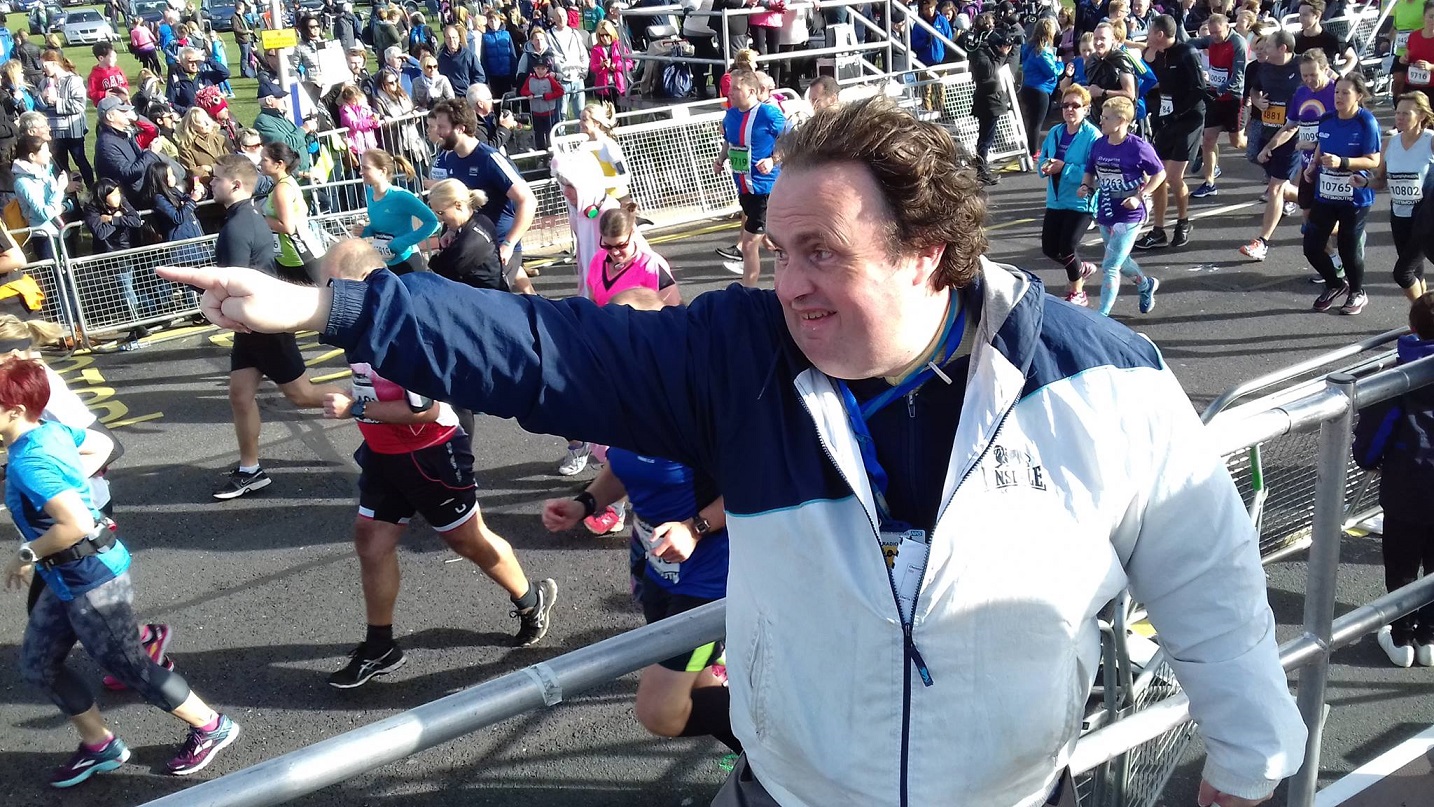
Download the PDF version of this interview here.
Thank you for taking the time to complete these interview questions.
Please, tell us about you and the work that you do?
Has this, and if yes, how does, this link to mental health?
What has been some of the best moments of your journey creating your work?
What projects are you currently working on? And if yes, which are there up-coming?
Do you have any ‘coping strategies’ that you use, either with daily life or in mental health?
How do you view the journey of recovery?
What does the future hold for you?
Favourite Quote?
Web link/Social Media links: Neil Blanks Facebook Page (https://www.facebook.com/neil.blanks.9), Community Matters Facebook Page (https://www.facebook.com/TalkBackPortsmouth/) (which I shared with Andrew Hay), and a TalkBack Portsmouth Facebook Page (https://www.facebook.com/TalkBack-Portsmouth-112351640134086/?ref=bookmarks).
FEATURE OF THE MONTH
February 2018
British Horse Society (BHS), Changing Lives through Horses
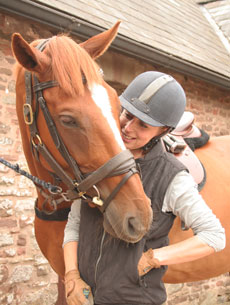
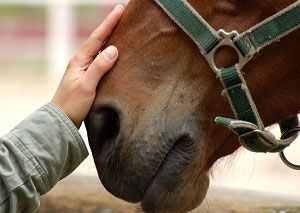
Download the PDF version of this blurb here.
Charity that supports disengaged young people gets over 70% of them back into education in its first year.
FEATURE OF THE MONTH
August 2017
Sandy Walker
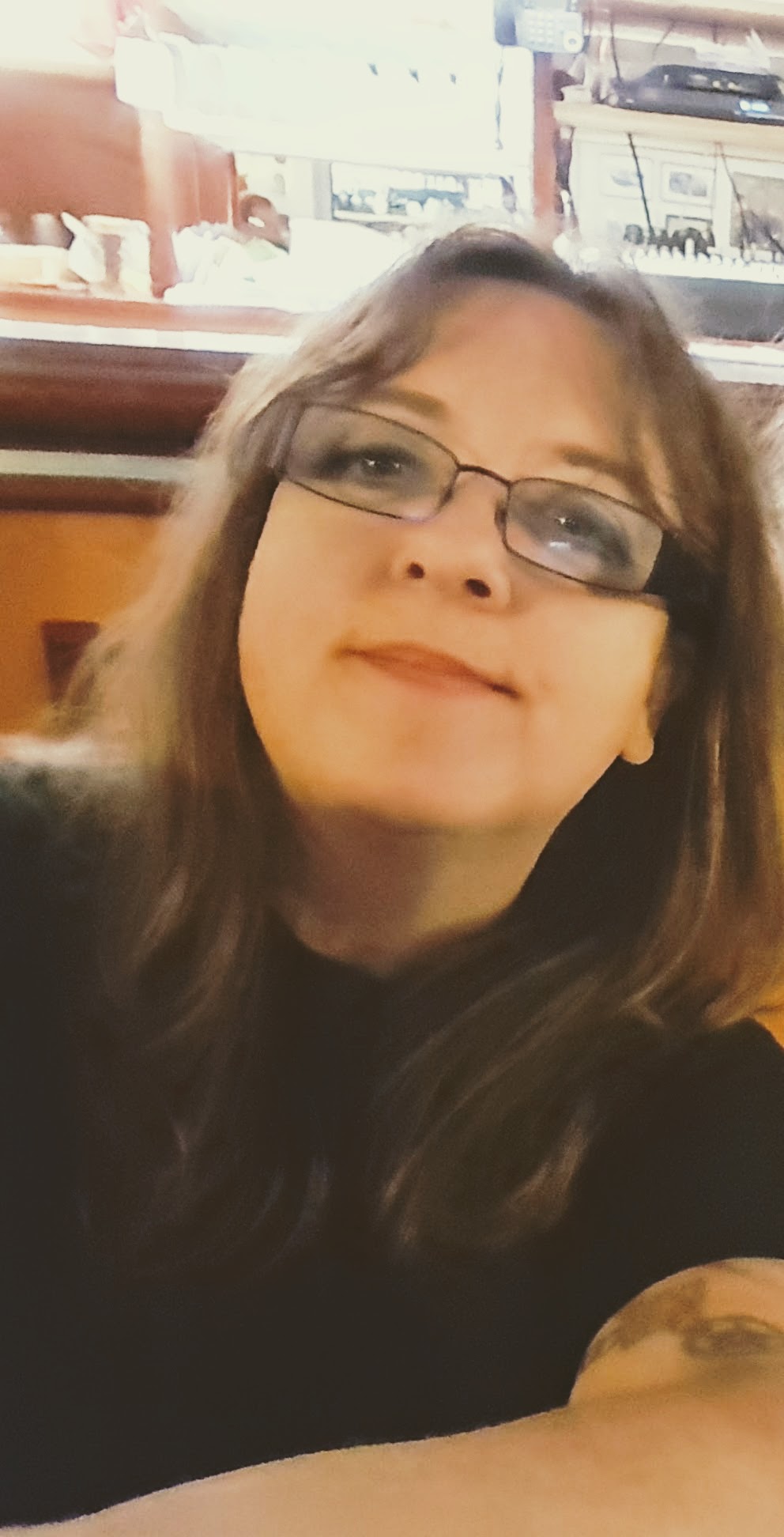
Download the PDF version of this interview here.
Thank you for taking the time to complete these interview questions.
Please, tell us about yourself, where were you born and raised? What was life like growing up in childhood? A little bit about your family?
What is the earliest childhood memory you can remember?
What education course did you follow or where did life take you after this?
Would you like to share how you got involved in Mental Health?
Please tell us more about the work that you do?
What has been some of the best moments of your life and career?
What projects are you currently working on?
Do you have any ‘coping strategies’ that you use?
How do you view the journey of recovery?
May I ask what your personal beliefs surrounding the explanation of mental health experiences are?
What does the future hold for you? -Upcoming events/news etc.
Favourite Quote?
FEATURE OF THE MONTH
July 2017
Alain Bos
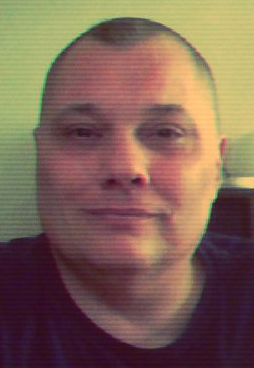
Download the PDF version of this interview here.
Thank you for taking the time to complete these interview questions.
Please, tell us about yourself, where were you born and raised?
What was life like growing up in childhood? -And a bit about your family?
Random question: what is the earliest childhood memory you can remember?
What education course did you follow or where did life take you after this?
Would you like to share how you got involved in Mental Health?
Please tell us more about the work that you do?
What has been some of the best moments of your life and career?
What projects are you currently working on?
Do you have any ‘coping strategies’ that you use?
How do you view the journey of recovery?
May I ask what your personal beliefs surrounding the explanation of mental health experiences are?
Favourite Quote?
Listening to shame | Brené Brown - https://youtu.be/psN1DORYYV0
Alain Bos - https://www.facebook.com/Alain.de.Animist/
FEATURE OF THE MONTH
June 2017
Nikolay Ivanov
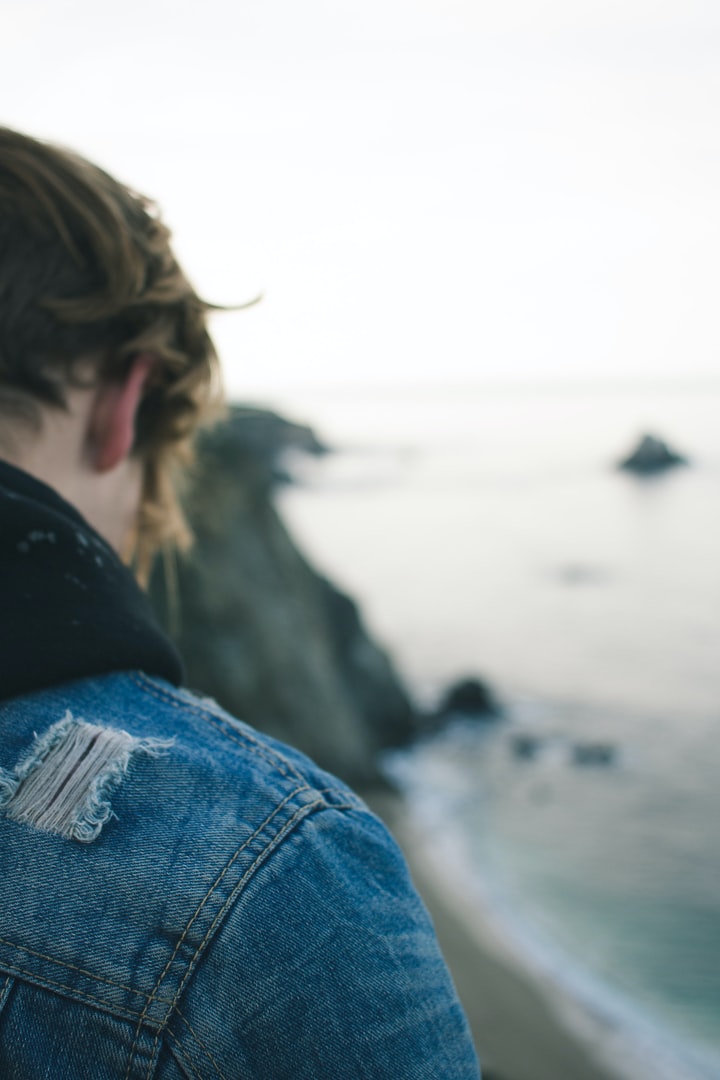
Download the PDF version of this interview here.
Thank you for taking the time to complete these interview questions.
Please, tell us about yourself, where were you born and raised? What was life like growing up in childhood? - And a bit about your family?
Random question: what is the earliest childhood memory you can remember?
What education course did you follow or where did life take you after this?
Would you like to share about your journey through addiction?
Please tell us about your journey into recovery?
What has been some of the best moments of your life and career?
What projects are you currently working on?
Do you have any ‘coping strategies’ that you use?
How do you view the journey of recovery?
What does the future hold for me?
FEATURE OF THE MONTH
May 2017
Maggie Sawkins, Hooked on Words
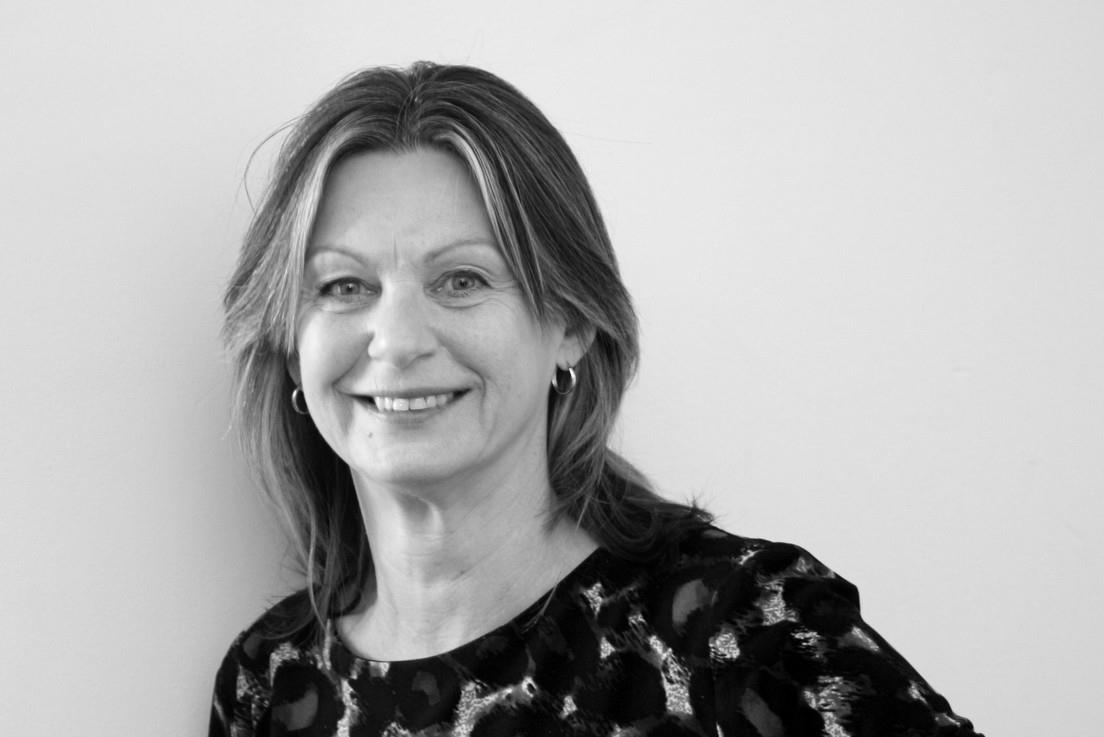
Download the PDF version of this interview here.
Thank you for taking the time to complete these interview questions.
Please, tell us about yourself, where were you born and raised? What was life like growing up in childhood? A bit about your family?
Random question: What is the earliest childhood memory you can remember?
What education course did you follow and where did life take you after this?
Would you like to share how you got involved in Mental Health?
Please tell us more about your website Hooked on Words and the work that you do?
What has been some of the best moments of your life and career?
What projects are you currently working on?
Do you have any ‘coping strategies’ that you use?
How do you view the journey of recovery?
What does the future hold for you?
Favourite Quote?
Web links: https://hookedonwords.me/
https://zonesofavoidance.wordpress.com/
Social Media links
Twitter: @SawkinsMaggie (https://twitter.com/SawkinsMaggie)
Facebook: @maggiegeraldinesawkins (https://m.facebook.com/maggiegeraldinesawkins/)
FEATURE OF THE MONTH
September 2015
Dan L. Edmunds
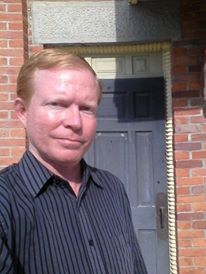
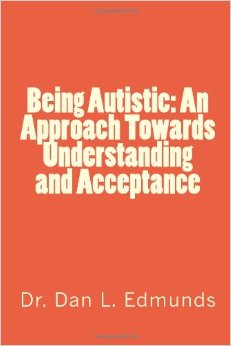
Download the PDF version of this interview here.
Thank you for taking the time to complete these interview questions.
Please introduce yourself to our readers with a short autobiography;
Please tell us more about the work that you do?
What has been some of the best moments of your life and career?
What projects are you currently working on?
Do you have any ‘coping strategies’ that you use?
How do you view the journey of recovery?
May I ask what your personal beliefs surrounding the explanation of mental health experiences?
What does the future hold for you?
Web links:
For a range of publications by Dr Dan L Edmunds: http://www.lulu.com/spotlight/voice4kids
FEATURE OF THE MONTH
June 2015
Sue Greene - Give, Gain & Grow
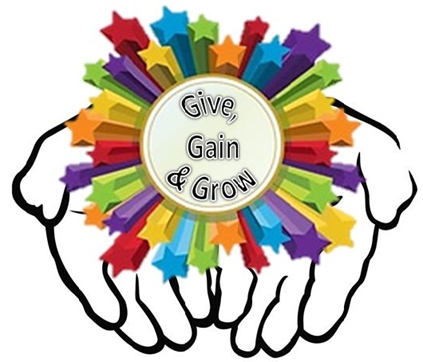
Download the PDF version of this interview here.
Thank you for taking the time to complete these interview questions.
For the readers; please introduce yourself with a short biography:
Would you please share how and why you got involved in mental health?
How do you view the journey of recovery?
Please tell us a bit more about Give, Gain and Grow and your journey in setting it up?
What are the different ‘spin-off’s’ that have been created from Give, Grain and Grow?
Do you have any current/upcoming events/meetings?
Do you have any ‘coping strategies’ that you use on a daily basis or in your life at all?
May I ask what are your personal beliefs surrounding the explanation of mental health experiences?
What does the future hold for you?
Favourite Quote?
FEATURE OF THE MONTH
May 2015
Sarah Haskett, Creative Mental Health UK
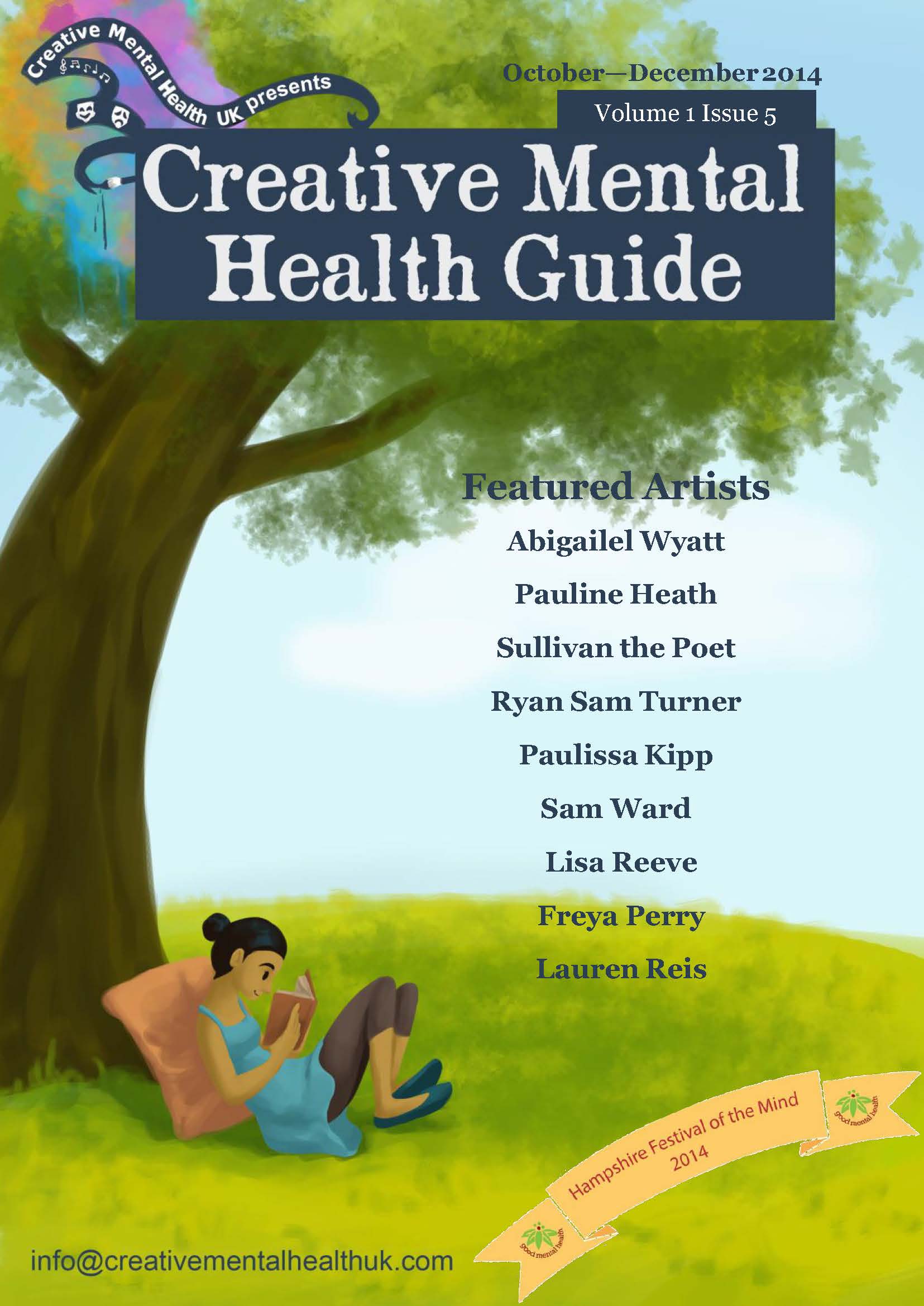
Download the PDF version of this interview here.
Thank you for taking the time to complete these interview questions.
For the readers; please introduce yourself with a short biography:
Would you please share how and why you got involved in mental health?
How do you view the journey of recovery?
Please tell us a bit more about your forum theatre workshops?
Do you have any ‘coping strategies’ that you use on a daily basis or in your life at all?
What does the future hold for you?
Favourite Quote?
Social Media Links: https://www.facebook.com/creativementalhealthuk
FEATURE OF THE MONTH
February 2015
Tim Bouman

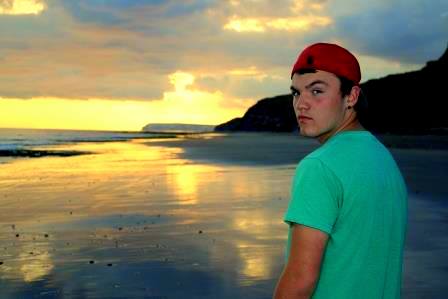
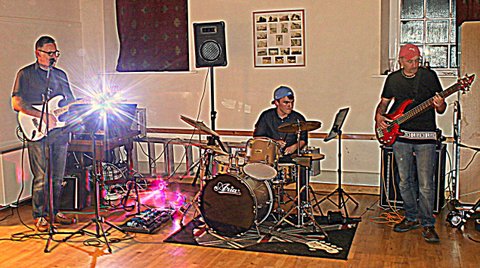
Download the PDF version of this interview here.
Thank you for taking the time to complete these interview questions.
For the readers; please introduce yourself with a short biography:
Would you please share how and why you got involved in mental health?
What are the triggers; how does one start on recovery?
Please tell us a bit more about your music and your journey in making it?
Do you have any ‘coping strategies’ that you use on a daily basis or in your life at all?
* Having structure * Keeping my mind active * Exercise * Lyrics/Music * Walks
May I ask what are your personal beliefs surrounding the explanation of your mental health experiences?
What does the future hold for you?
Favourite Quote?
FEATURE OF THE MONTH
January 2015
Hermione Bailey, Living with OCD and Fighting Back
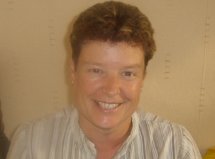
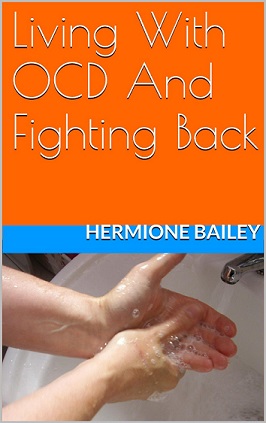
Download the PDF version of this interview here.
Thank you for taking the time to complete these interview questions.
For the readers; please introduce yourself with a short biography:
Would you please share how and why you got involved in mental health?
Please tell us a bit more OCD; in general; what are the triggers, what is it like; how does one start on recovery?
Please tell us a bit more about your book – “Living with OCD and fighting back” and your journey in writing it?
Do you have ‘coping strategies’ that you use on a daily basis or in your life at all?
May I ask what are your personal beliefs surrounding the explanation of OCD and mental health experiences?
What does the future hold for you?
Favourite Quote?
FEATURE OF THE MONTH
December 2014
Carolyn Barber, Good Mental Health Cooperative
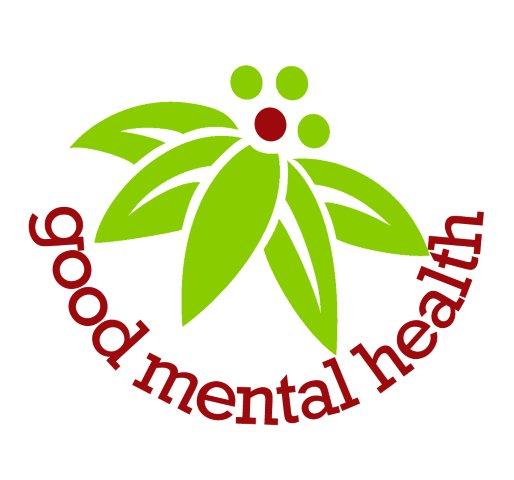
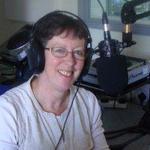
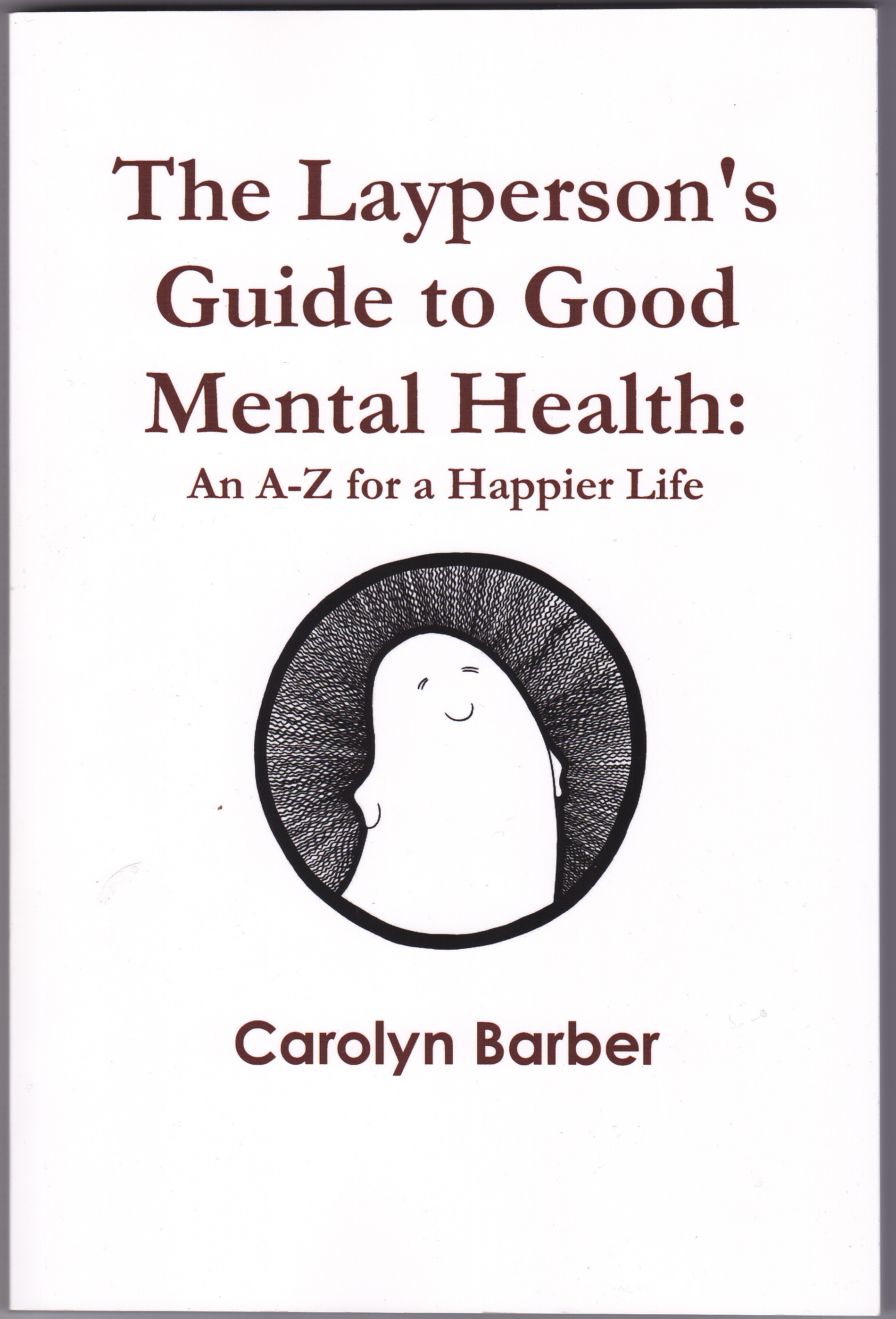
Download the PDF version of this interview here.
Thank you for taking the time to complete these interview questions.
For the readers; please introduce yourself with a short biography:
Would you please share how and why you got involved in mental health?
What are the different projects/organisations that are you are involved with; and what is it that you do with each?
Please tell us a bit more about your book – “The Layperson’s Guide to Good Mental Health” and your journey in writing it?
Do you have ‘coping strategies’ that you use on a daily basis or in your life at all?
May I ask what are your personal beliefs surrounding the explanation of mental health experiences?
What does the future hold for you?
Favourite Quote?
Web link: https://goodmentalhealth.org.uk/
Web link – Book ‘The Layperson’s Guide to Good Mental Health’
Social Media links
Facebook: @GoodMHCoop (https://m.facebook.com/GoodMHCoop)
Twitter: @carolynhbarber (https://twitter.com/carolynhbarber) / @goodmhcoop (https://twitter.com/goodmhcoop)
FEATURE OF THE MONTH
November 2014
Louise Gillett – Surviving Schizophrenia, A Memoir
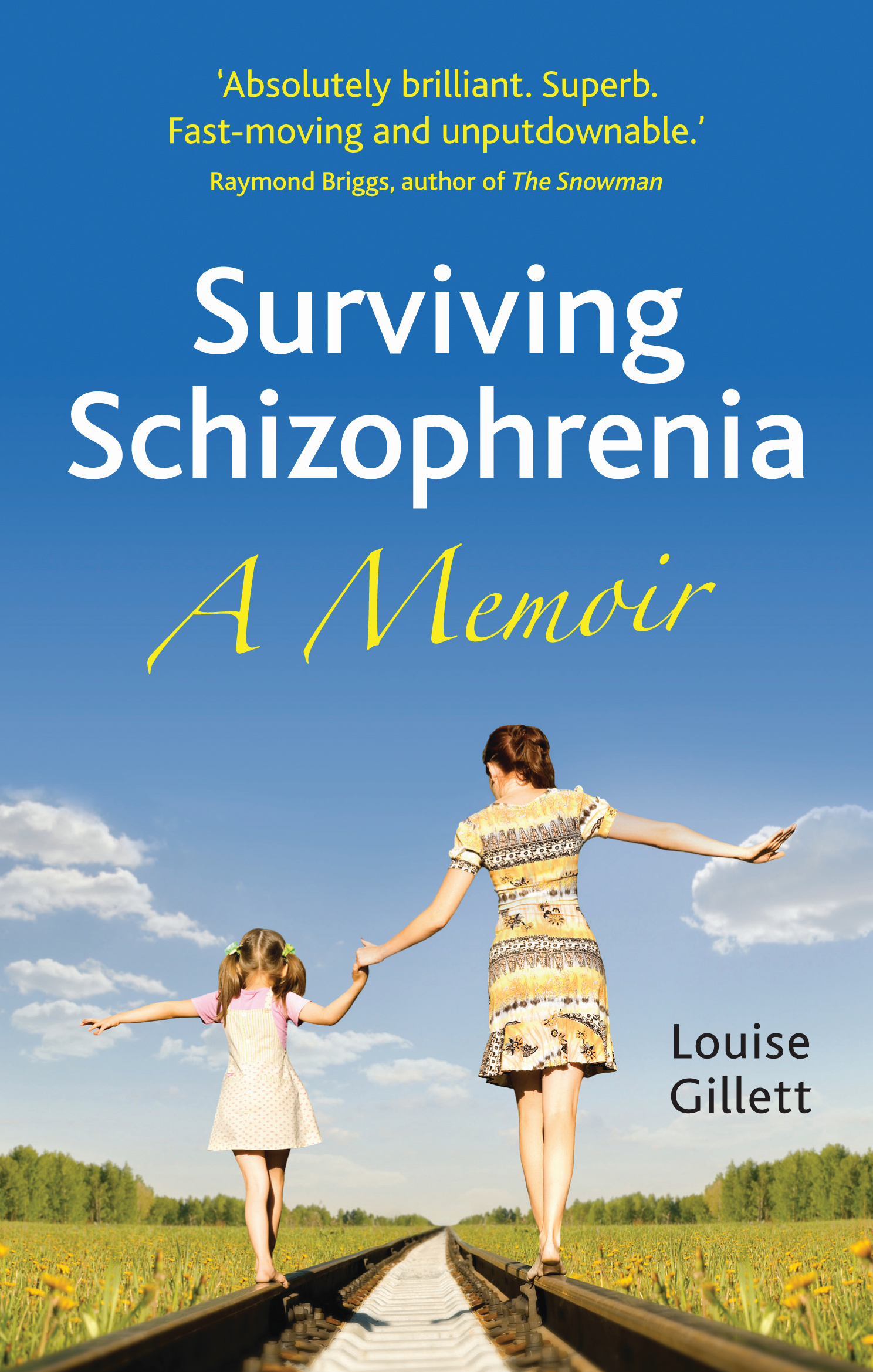
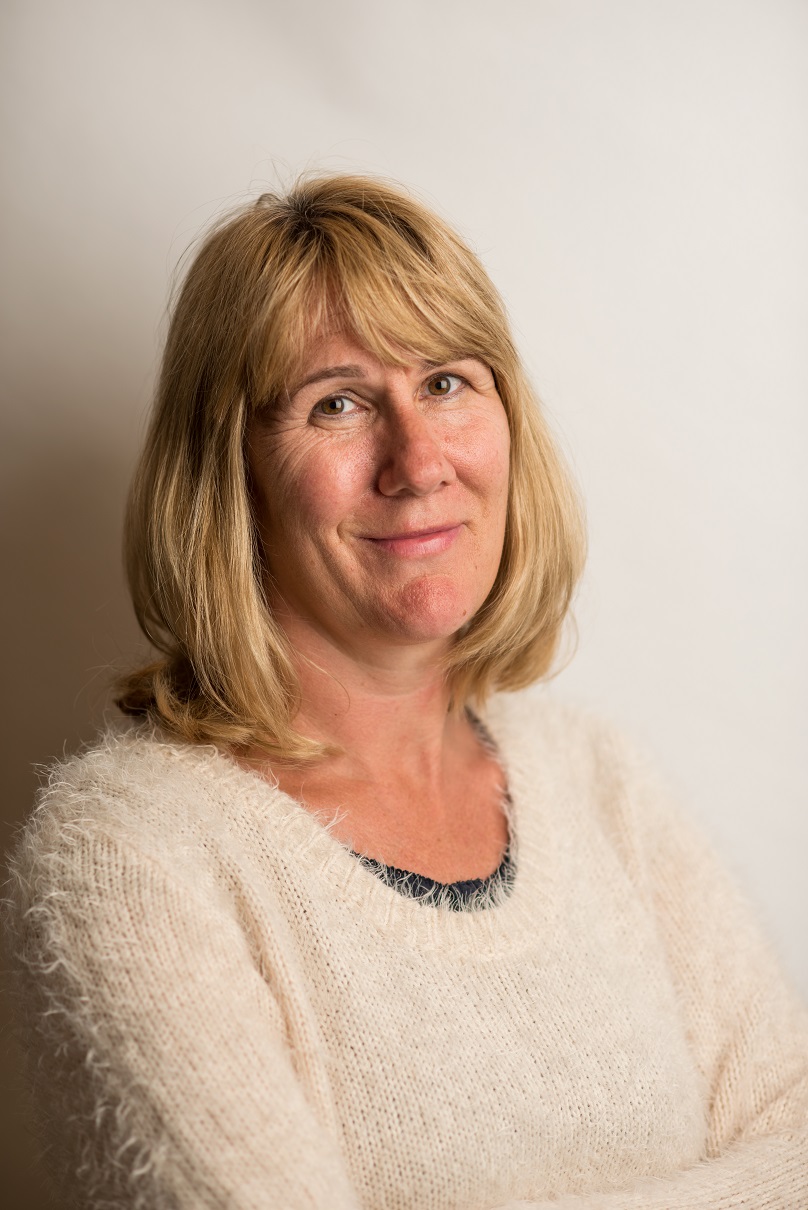
Download the PDF version of this interview here.
Thank you for taking the time to complete these interview questions.
For the readers; please introduce yourself and your work :)
Would you please share what you were experiencing at the time you came in contact with mental health services?
How did you seek help and start on your road to recovery?
On your road of recovery, what has been some of the hardest parts and how did you overcome this? Was there an easy part?
Do you have ‘coping strategies’ that you use on a daily basis or that you have learned to use along the way?
May I ask what are your personal beliefs surrounding the explanation of your experiences?
How do you think your experiences, both mental health and personal, differ from the twenty-first century experience?
What does the future hold for you?
Favourite Quote?
Web link – For the book: http://www.amazon.co.uk/Surviving-Schizophrenia-Memoir-Louise-Gillett-ebook/dp/B0057P6M46
Social Media links – Blog: http://schizophreniaattheschoolgate.blogspot.co.uk/
Twitter: @Louise_Gillett (https://twitter.com/Louise_Gillett)
FEATURE OF THE MONTH
September 2014
Robbin Timmers
Download the PDF version of this interview here.
Thank you for taking the time to complete these interview questions.
For starters; please tell us a bit about yourself – where were you born and raised? What was life like growing up in childhood?
Would you please share about your voice hearing experiences and what was happening for you at the time?
How did you seek help and start on your road to recovery?
On your road of recovery, what has been some of the hardest parts and how did you overcome this? Was there an easy part?
How are your experiences now, in relation to years ago when it all started – and do you have ‘coping strategies’ that you have learned to use along the way?
What projects are you currently working on?
What does the future hold for you?
Favourite Quote?
Web link: Hearing Voices Support Centre (Dutch) www.ribw-clientenplein.nl/Herstel/Steunpunt-Stemmen-Horen
Dutch Foundation for Mental Health www.psychischegezondheid.nl
2 movies about voice hearing (English) www.hearingvoicesmovie.blogspot.nl
Social Media links
FEATURE OF THE MONTH
August 2014
Eleanor Longden
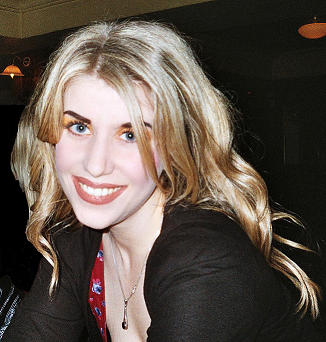
Download the PDF version of this interview here.
Thank you for taking the time to complete these interview questions.
I understand that your voice hearing experiences started when you were at University; would you please share what these experiences were and what was happening for you at the time?
How did you seek help and start on your road to recovery?
On your road of recovery, what has been some of the hardest parts and how did you overcome this? Was there an easy part?
How are your experiences now, in relation to years ago when it all started – and do you have ‘coping strategies’ that you have learned to use along the way?
Featuring the recent TED Talk ‘The voices in my head’ - what other projects/publications have you worked on?
What does the future hold for you?
Favourite Quote?
THE VOICES IN MY HEAD BY ELEANOR LONGDEN, TED TALK
Eleanor Longden overcame her diagnosis of schizophrenia to earn a master’s in psychology and demonstrate that the voices in her head were “a sane reaction to insane circumstances.”
FEATURE OF THE MONTH
June 2014
Ash Xyle, Hope Job Bank Project
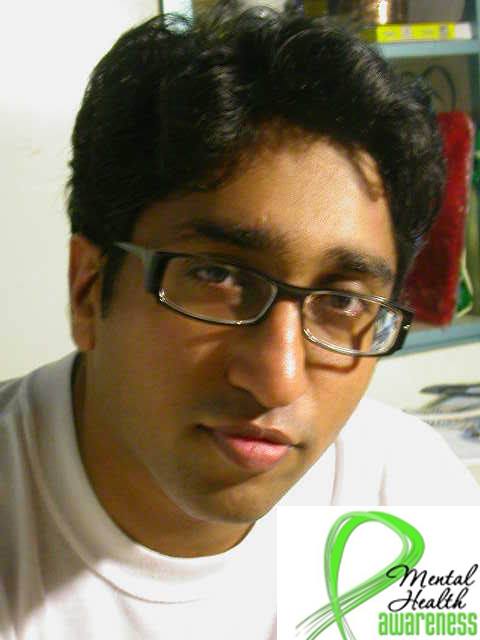
Download the PDF version of this interview here.
Thank you for taking the time to complete these interview questions.
Please, tell us about Hope Job Bank Project and the work that you do? (How did it come about? Whose idea was it? When was it established? What different aspects are there to it?)
What has been some of the personal highlights of your time with Hope Job Bank Project and the work that you do?
A bit about you; where were you born and raised?
What education course did you follow & where did life take you after this?
Would you like to share how you got involved in Mental Health?
What projects are you currently working on?
Do you have any ‘coping strategies’ that you use?
What does the future hold for you, personally?
And for Hope Job Bank Project?
Favourite Quote?
FEATURE OF THE MONTH
May 2014
Greg Ralls – Unravel, To Unwell and Back
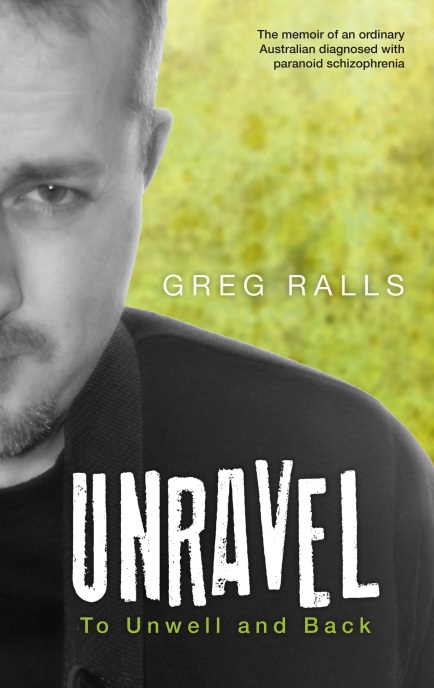
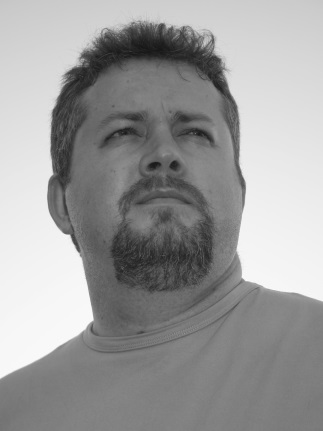
Download the PDF version of this interview here.
Thank you for taking the time to complete these interview questions.
Please tell us about yourself. (Where were you born and raised? What was life like growing up in childhood? -your family?)
What is the earliest childhood memory you can remember? (Just curious, if these questions bring up any negative reflection, just skip to writing a short introduction.)
What educational course did you follow and where did life take you after this?
Would you like to share how you got involved in mental health?
Please tell us about your book, ‘Unravel: To Unwell and Back’, and the journey in writing it?
What have been some of the personal highlights of your time, either writing the book or in life?
What projects are you currently working on?
Do you have any ‘coping strategies’ that you use?
What does the future hold for you?
Favourite quote?
Web link: www.vividpublishing.com.au/unravel
Those who have a professional interest in mental health are welcome to connect with Greg via LinkedIn.
FEATURE OF THE MONTH
April 2014
Karen Taylor & Ron Coleman, Working to Recovery
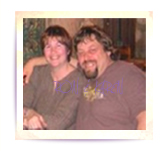
Download the PDF version of this interview here.
Thank you for taking the time to complete these interview questions.
(Karen Taylor)
Please, tell us about Working to Recovery and the work that you do? (How did it come about? Whose idea was it? When was it established? What different aspects are there to the company?)
We have a publishing house called P&P press (P&P stands for psychotic and proud).
What has been some of the personal highlights of your time with Working to Recovery and the work that you do?
A bit about you; where were you born and raised? What education course did you follow & where did life take you after this?
Would you like to share how you got involved in Mental Health?
What projects are you currently working on?
Do you have any ‘coping strategies’ that you use?
What does the future hold for you, personally?
And for Working to Recovery?
Favourite Quote?
(Ron Coleman)
Please, tell us about Working to Recovery and the work that you do? (How did it come about? Whose idea was it? When was it established? What different aspects are there to the company?)
What has been some of the personal highlights of your time with Working to Recovery and the work that you do?
A bit about you; where were you born and raised? What education course did you follow & where did life take you after this?
Would you like to share how you got involved in Mental Health?
What projects are you currently working on?
Do you have any ‘coping strategies’ that you use?
What does the future hold for you, personally?
And for Working to Recovery?
Favourite Quote?
Web link: https://www.workingtorecovery.co.uk/
Social Media links
Facebook: Working to Mental Health Recovery
FEATURE OF THE MONTH
March 2014
Gunter Goergen
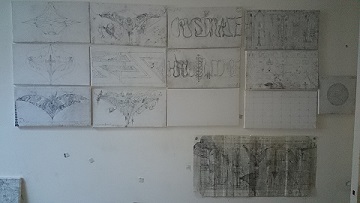
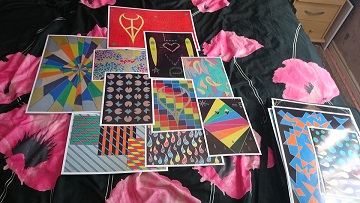
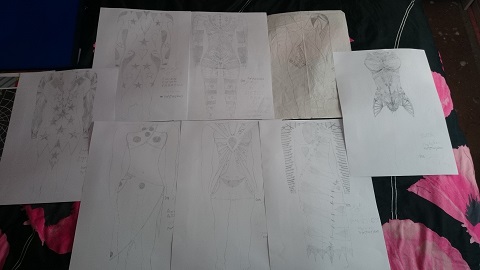
Download the PDF version of this interview here.
Thank you for taking the time to complete these interview questions.
Please, tell us about yourself?
Do you have any coping strategies that you use?
What projects are you currently working on?
The future…
Favourite quote?
FEATURE OF THE MONTH
February 2014
Nick Putman, Open Dialogue
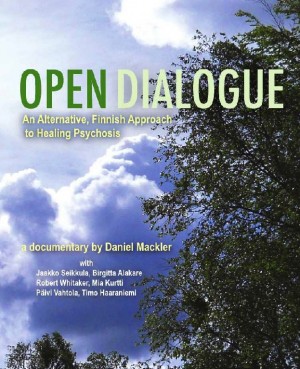
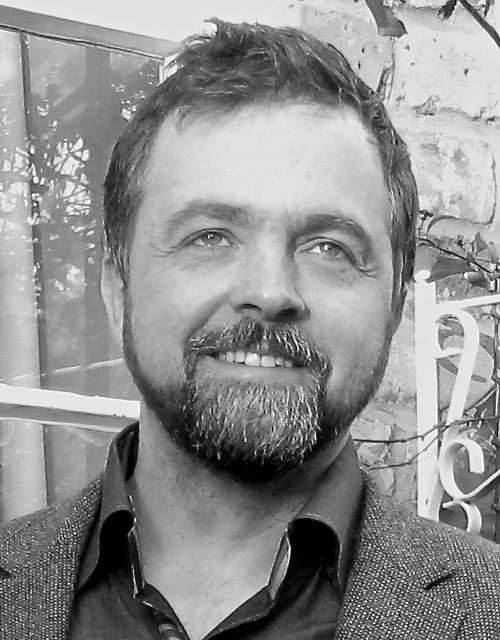
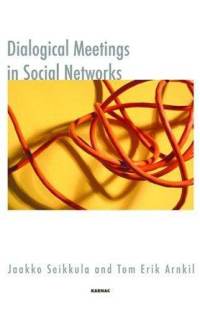
Download the PDF version of this interview here.
Thank you for taking the time to complete these interview questions.
Please, tell us about Open Dialogue?
And about your journey of bringing it to the UK?
And about yourself? What is your background? What education route did you follow?
How did you get involved in Mental Health?
What has been some of your biggest accomplishments or personal highlights of your journey?
What has been some of the hardest parts of your journey and how did you overcome this?
Do you have any ‘coping strategies’ that you use in life or on a daily basis?
What does the future hold for Open Dialogue UK?
And what does the future hold for you, personally?
Favourite Quote?
Web links
Open Dialogue website: http://opendialogueapproach.co.uk
Social Media Links
Open Dialogue UK Facebook page: @opendialogueuk (https://www.facebook.com/opendialogueuk)
FEATURE OF THE MONTH
January 2014
Clare Shaw
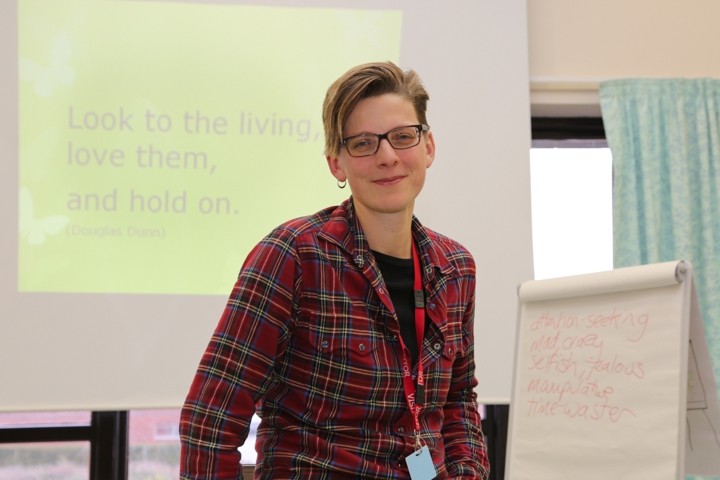
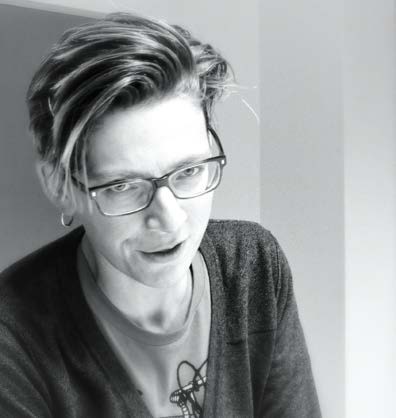
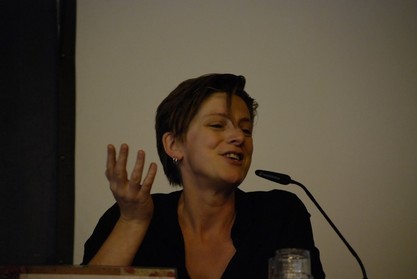
Download the PDF version of this interview here.
Thank you for taking the time to complete these interview questions.
Please, tell us about yourself, where were you born and raised? What was life like growing up in childhood?
What is the earliest childhood memory you can remember?
What education course did you follow or where did life take you after this?
Would you like to share how you got involved in Mental Health?
What is your consultancy all about?
What has been some of the personal highlights of your time as a consultant?
What projects are you currently working on?
Do you have any ‘coping strategies’ that you use?
What does the future hold for you?
Favourite Quotes?
Website - http://www.clareshaw.co.uk/
Facebook - @clareshawconsultancy (https://m.facebook.com/clareshawconsultancy?ref=hl)
FEATURE OF THE MONTH
December 2013
Declan McGill, Mental Fight Club & Dragon Café

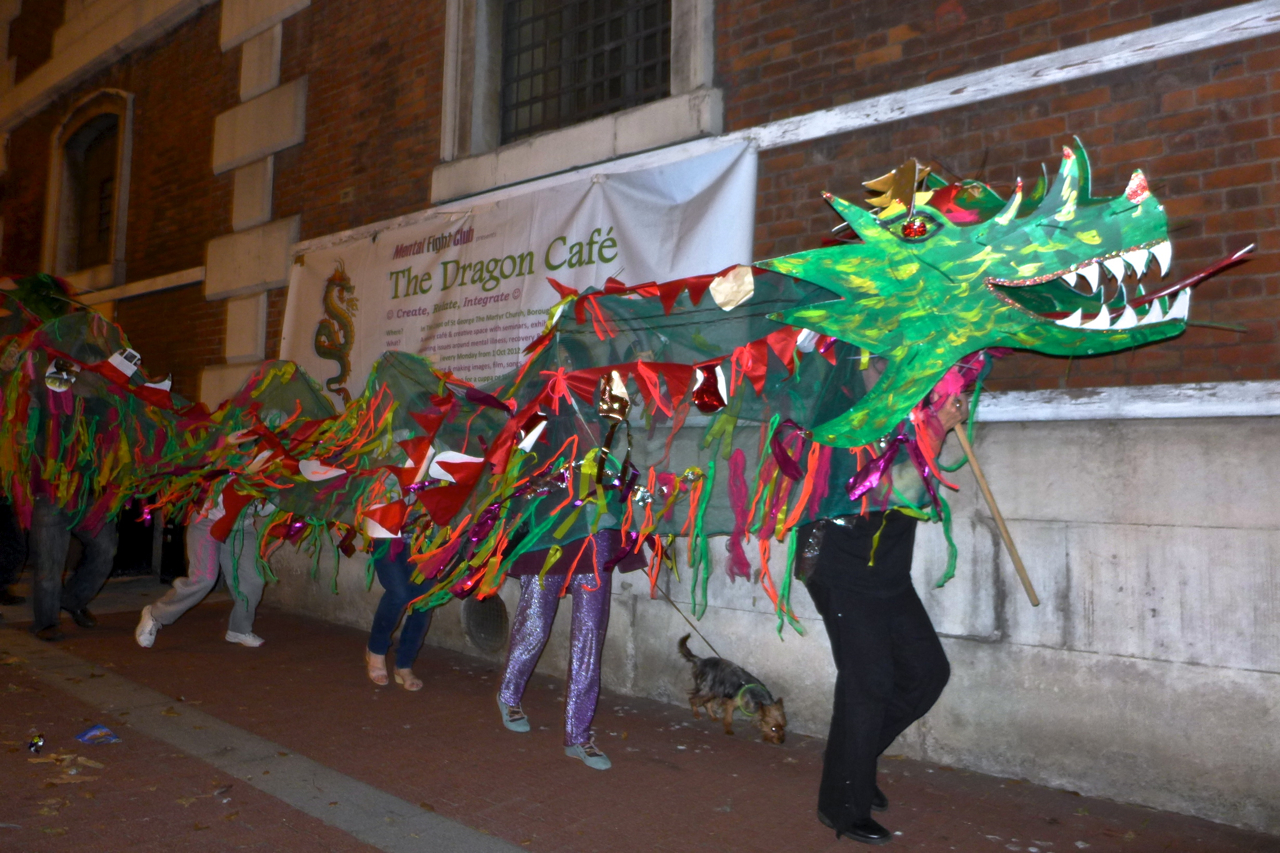
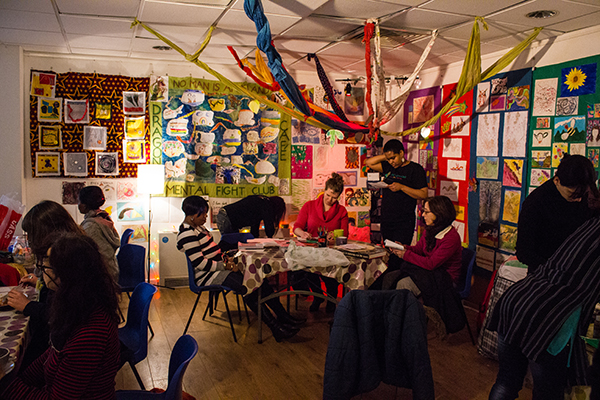
Download the PDF version of this interview here.
Thank you for taking the time to complete these interview questions.
Please, tell us about yourself?
What education course did you follow or where did life take you after this?
Would you like to share how you got involved in Mental Health?
What is Mental Fight Club & the Dragon Café all about?
What has been some of the personal highlights of your time with Mental Fight Club & Dragon Café?
What projects are you currently working on?
Do you have any ‘coping strategies’ that you use?
What does the future hold for you?
Favourite Quote?
TheDragonCafe on Facebook (https://www.facebook.com/thedragoncafe)
@thedragoncafe on Twitter (https://twitter.com/TheDragonCafe)
FEATURE OF THE MONTH
November 2013
HeadSpace
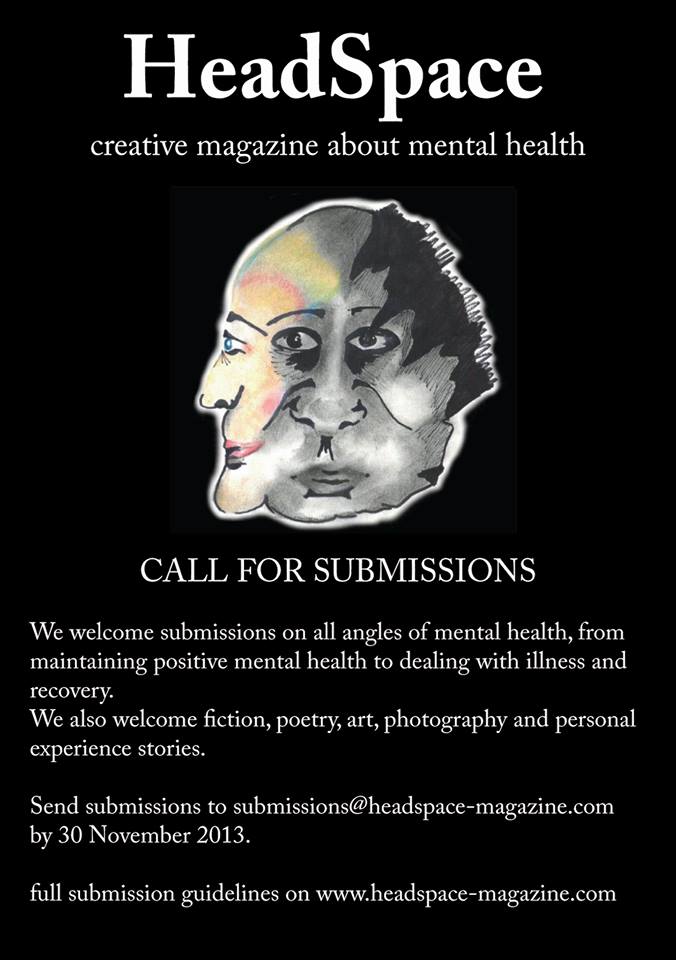
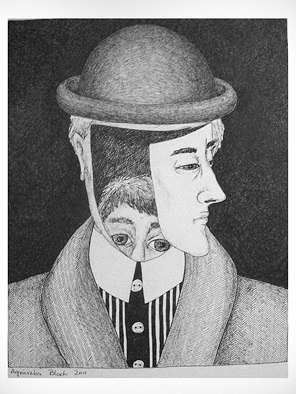
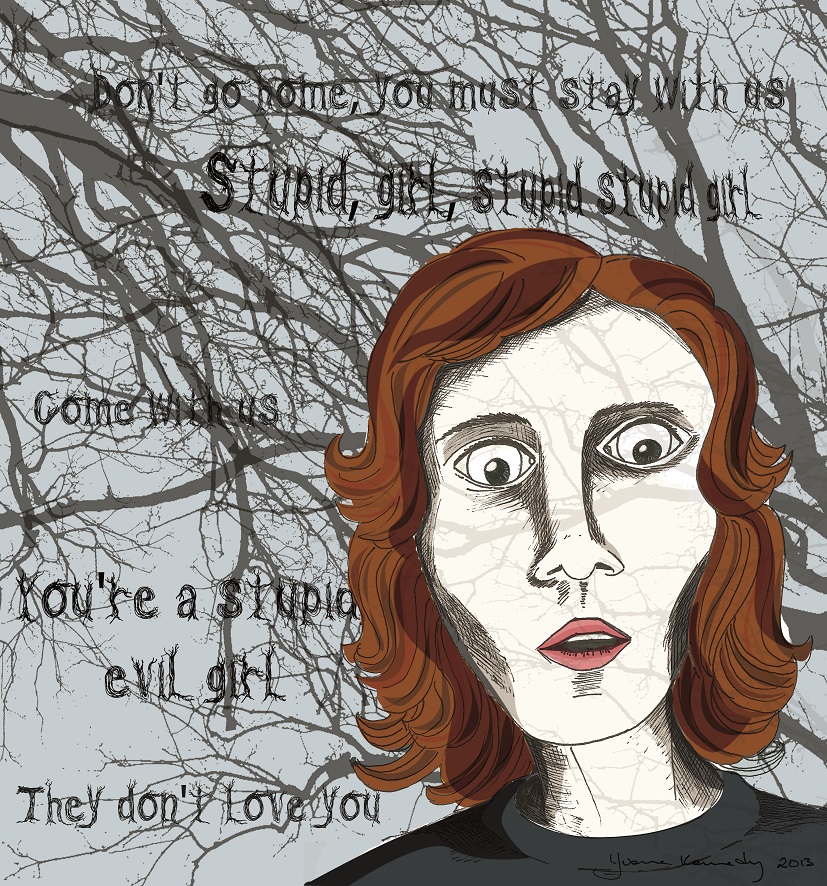
Download the PDF version of this interview here.
Thank you for taking the time to complete these interview questions.
Please, tell us about yourself, where were you born and raised? What was life like growing up in childhood? Your family?
What is the earliest childhood memory you can remember?
What education course did you follow or where did life take you after this?
What is HeadSpace all about?
Would you like to share how you got involved with HeadSpace?
What has been some of the personal highlights of your time with HeadSpace?
What projects are you currently working on with HeadSpace?
Do you have any ‘coping strategies’ that you use?
What does the future hold for you?
Favourite Quote?
FEATURE OF THE MONTH
September 2013
Berni and Gavin Bushe, Tallaght Trialogue
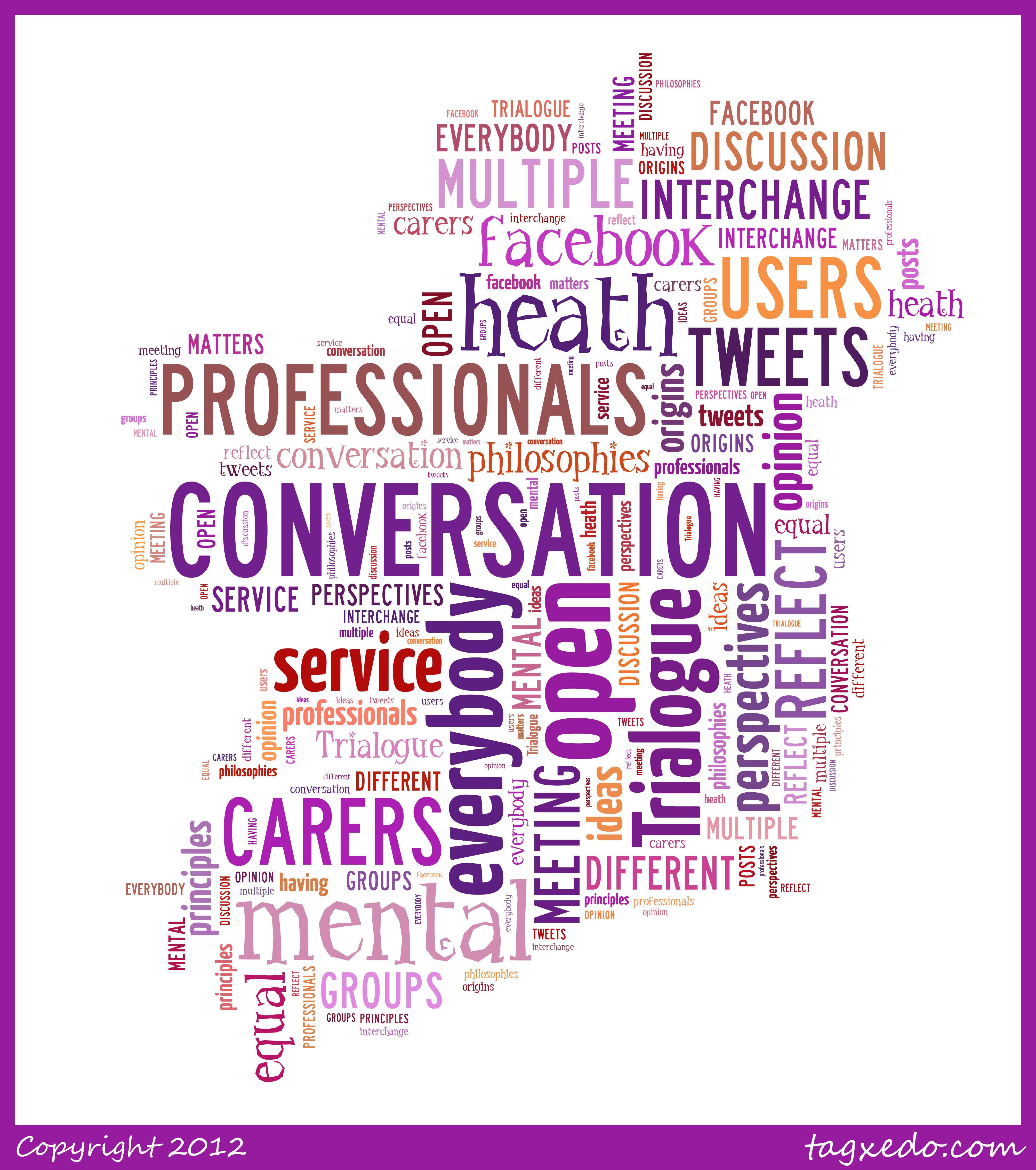
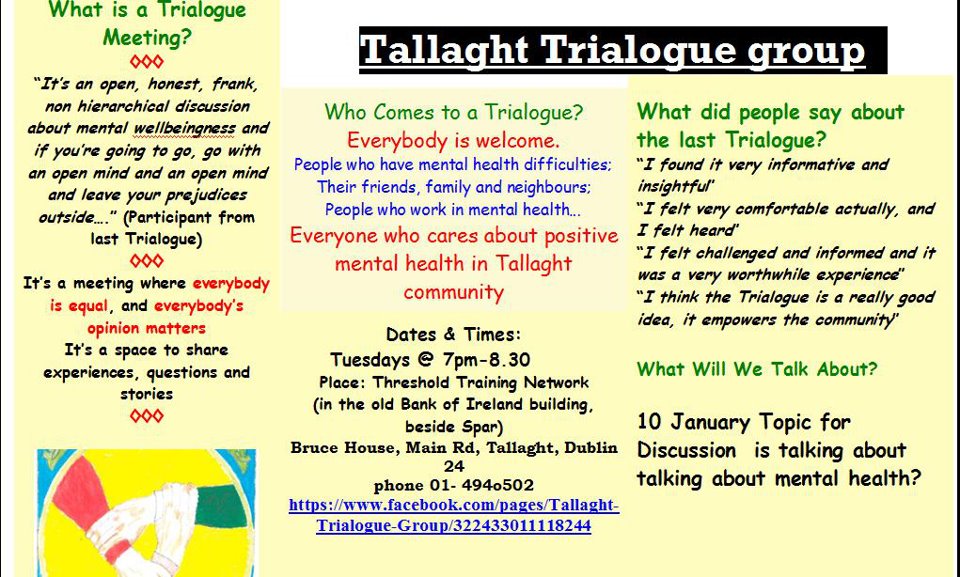
Download the PDF version of this interview here.
Thank you for taking the time to complete these interview questions.
Interview with Berni Bushe
Please, tell us about yourself, where were you born and raised? What did your family do for a living? Did you have any siblings? What was life like growing up in childhood?
What is the earliest childhood memory you can remember? (Optional to answer)
What education course did you follow? Where did life take you after this?
Would you like to share how you got involved in Mental Health?
Tell us about Tallaght Trialogue?
What has been some of the personal highlights of your time with Tallaght Trialogue?
What projects are you currently working on with Tallaght Trialogue?
Do you have any ‘coping strategies’ that you use?
What does the future hold for you?
Favourite Quote?
Interview with Gavin Bushe
Please, tell us about yourself, where were you born and raised? What did your family do for a living? Did you have any siblings? What was life like growing up in childhood?
What is the earliest childhood memory you can remember? (Optional to answer)
What education course did you follow? Where did life take you after this?
Would you like to share how you got involved in Mental Health?
Tell us about Tallaght Trialogue?
What has been some of the personal highlights of your time with Tallaght Trialogue?
What projects are you currently working on with Tallaght Trialogue?
Do you have any ‘coping strategies’ that you use?
What does the future hold for you?
Favourite Quote?
You can catch all this and more of Tallaght Trialogue: (website address) http://tallatrialogue.blogspot.ie/2012/01/our-first-trialogue.html
(Facebook page) https://www.facebook.com/Tallaght-Trialogue-Advocacy-Group-322433011118244/?ref=hl
(Pinterest) http://pinterest.com/tallatrialogue/boards/
Feature of the Month
August 2013
Kevin Healey, Recovery Network: Toronto
Download the PDF version of this interview here.
Thank you for taking the time to complete these interview questions.
Please, tell us about yourself – where were you born and raised? What did you parents do for a living? Do you have any siblings? What was life like growing up in childhood?
Toronto is my home
A focus on learning
Would you like to share about your mental health history?
Recovery Network: Toronto
Voices Toronto
Worker training
Hearing Voices Network – Toronto: You manage the Toronto Hearing Voices Group – please tell us how this came about setting it up? How is the group doing? What has been some of the major success’s for the group?
Leadership project
Favourite Quote?
You can catch all this and more of Kevin Healey and RecoveryNetwork: Toronto at:
Website http://recoverynet.ca
Facebook: @RecoveryNetwork.Toronto
FEATURE OF THE MONTH
July 2013
Elaine Weir, Time & Space

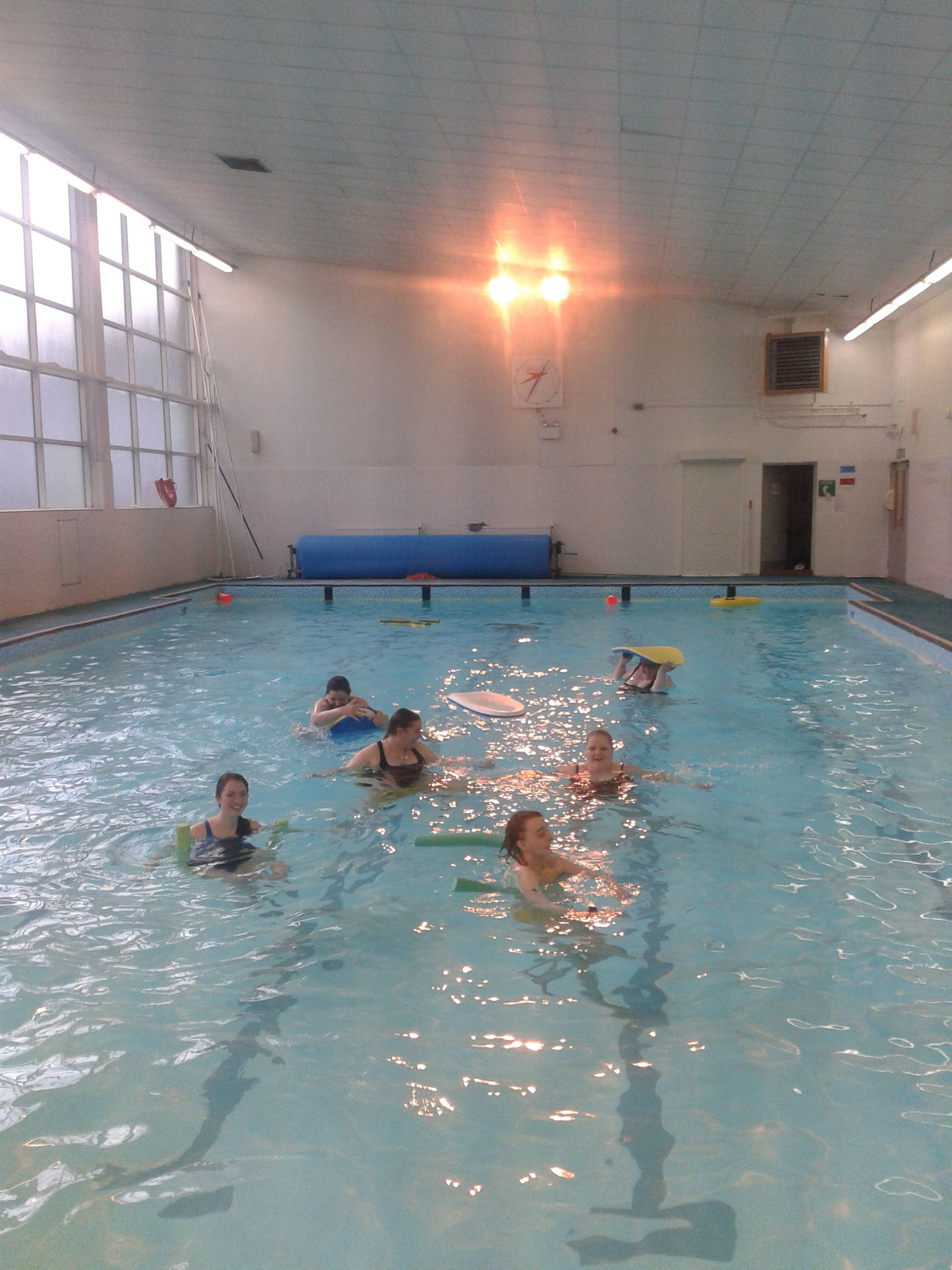
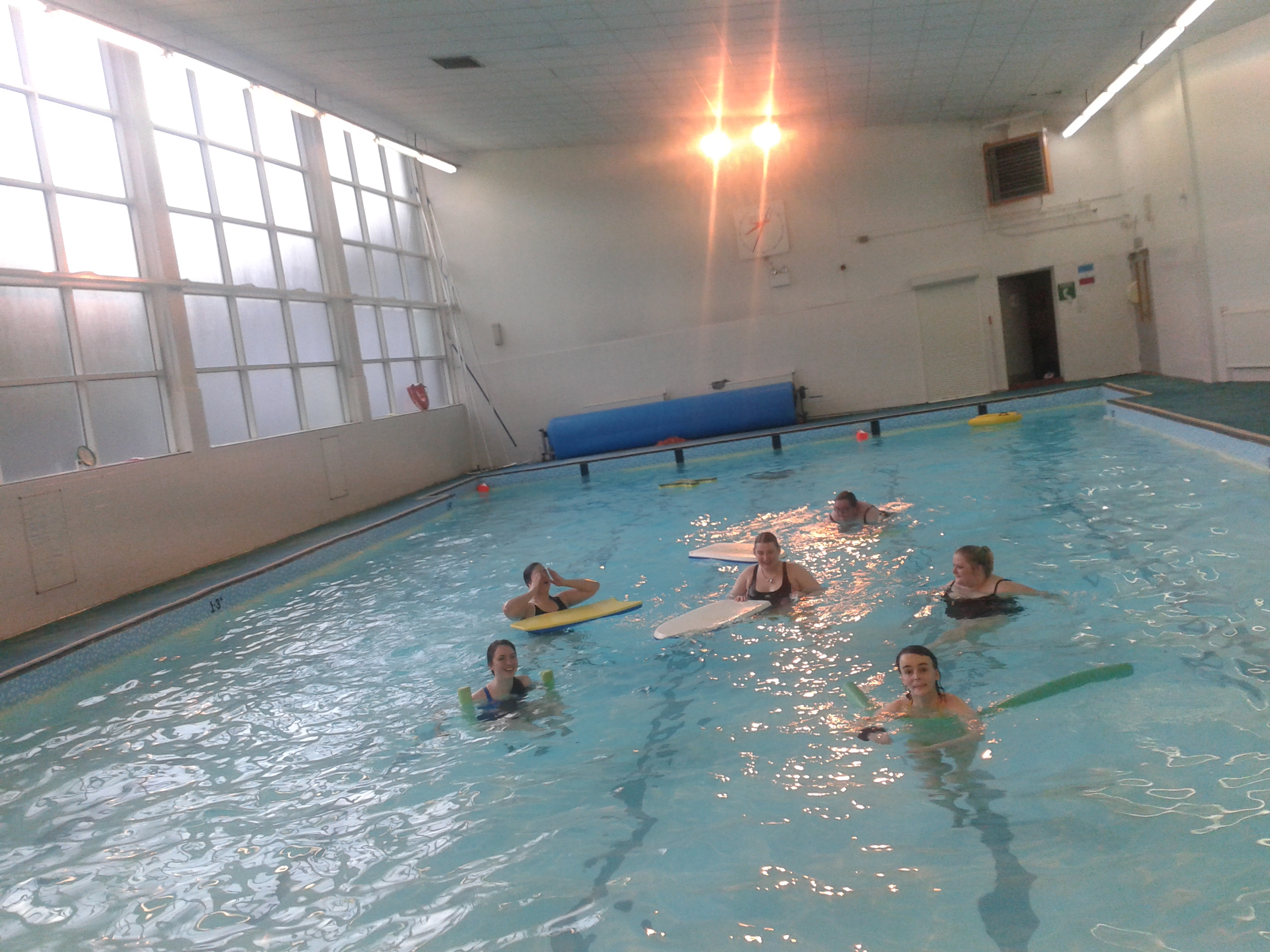
Download the PDF version of this interview here.
Thank you for taking the time to complete these interview questions.
Please, tell us about yourself, where were you born and raised? What did your family do for a living? Did you have any siblings? What was life like growing up in childhood?
What is the earliest childhood memory you can remember?
What education course did you follow? Where did life take you after this?
Would you like to share how you got involved in Mental Health?
Please tell us about Time & Space?
What has been some of the personal highlights of your career of running Time & Space?
Do you have any ‘coping strategies’ that you use?
What projects are you currently working on with Time & Space?
What does the future hold for you?
Favourite Quote?
You can catch all this and more of Time & Space at: https://timeandspace-scotland.github.io/timeandspace_website/index.html
FEATURE OF THE MONTH
June 2013
Jacqui Dillon
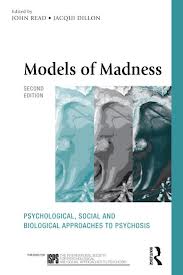
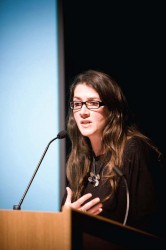
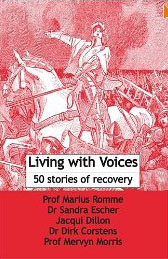
Download the PDF version of this interview here.
Thank you for taking the time to complete these interview questions.
Please, tell us about yourself?
What education course did you follow? Where did life take you after this?
Would you like to share about how you got involved in mental health?
What projects are you currently working on?
You have an interesting list of publications, please could tell us more about this?
Do you have any ‘coping strategies’ that you use?
What has been the personal highlight(s) of your career in mental health?
What do you have lined up for 2013?
And after that, what does the future hold for you?
Favourite Quote?
You can catch all this and more of Jacqui Dillon at: http://www.jacquidillon.org/
Hearing Voices Movement: Jacqui Dillon
What is it like to hear voices? How do people learn to live with their voices, and are voices sometimes positive and helpful? What is the connection between voices and trauma?
Jacqui Dillon, voice hearer and director of the UK Hearing Voices Network, discusses how the movement of people who hear voices is creating self-help alternatives to traditional and often abusive mental health care.
http://www.intervoiceonline.org
Madness Radio - voices and visions from outside mental health
FEATURE OF THE MONTH
May 2013
Stephen Higham, Two Saints Patrick House - Southampton

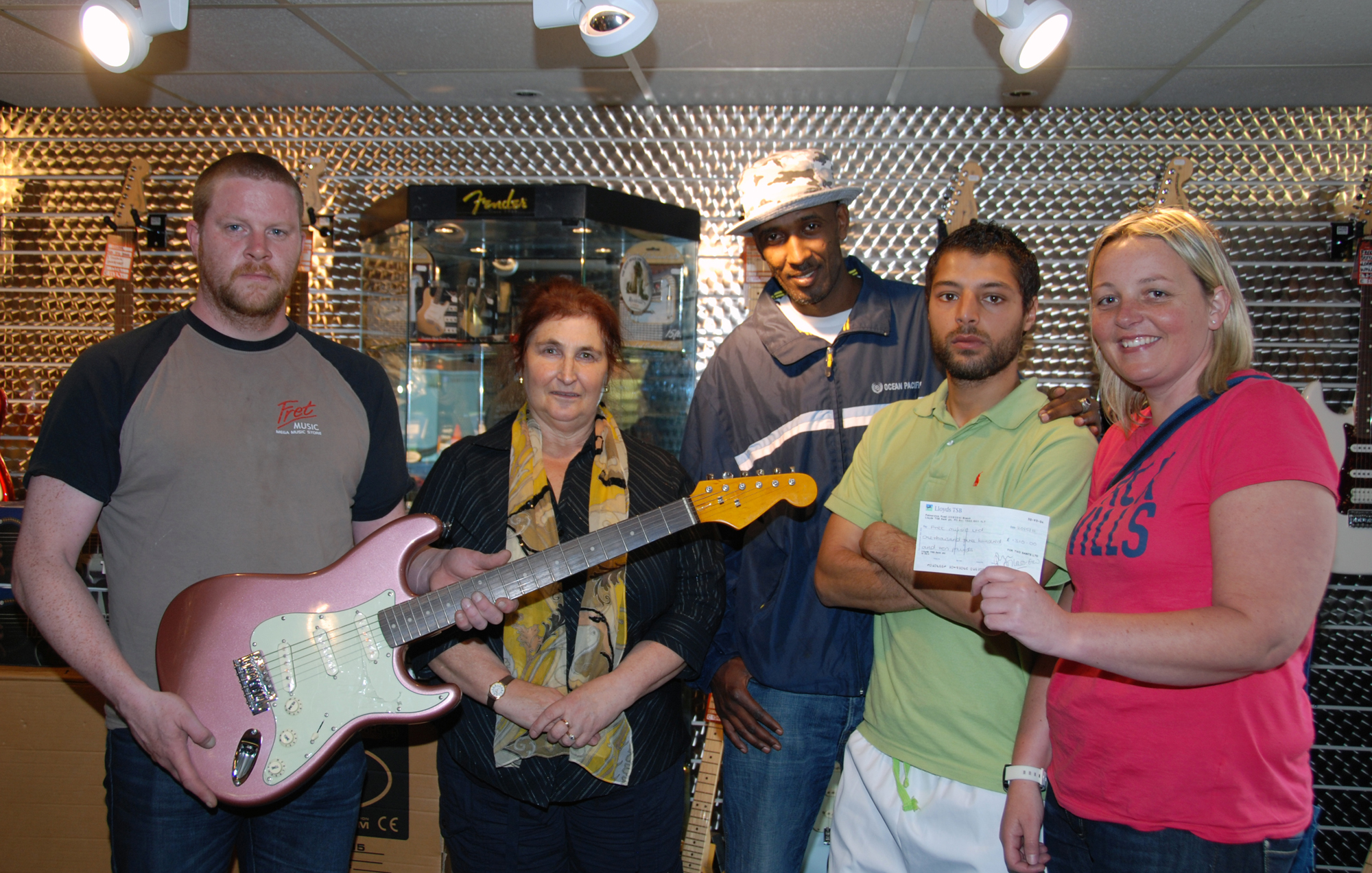
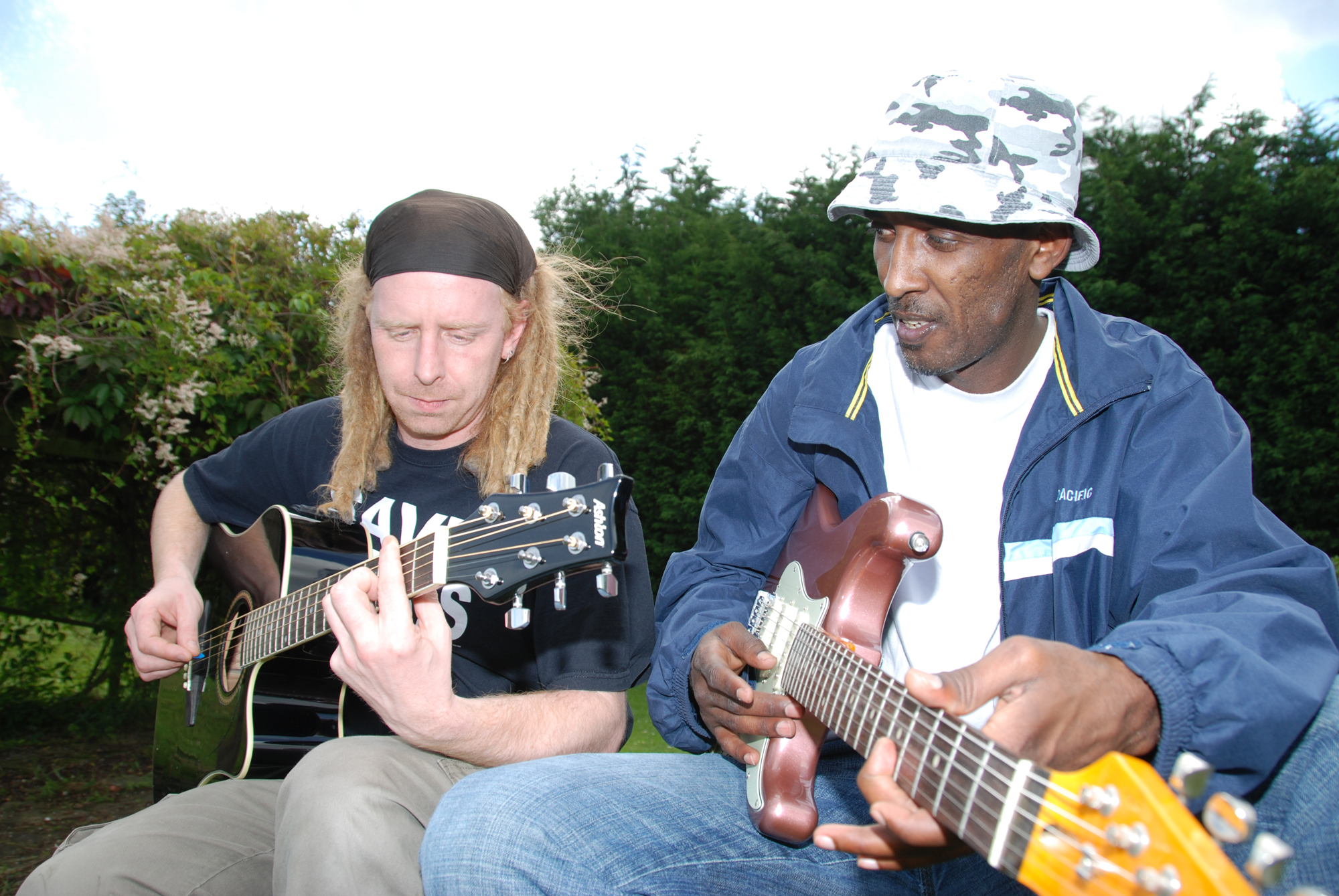
Download the PDF version of this interview here.
Thank you for taking the time to complete these interview questions.
Please, tell us about the work that Two Saints does?
What support is offered by Two Saints/Patrick House?
What is your role in Two Saints/Patrick House?
What are some of the other roles in Two Saints/Patrick House?
What has been the personal highlight(s) of your career to date?
What projects are you currently working on? What is lined up for 2013?
Do you have any ‘coping strategies’ that you use with clients?
Do you have any ‘coping strategies’ that you use, personally?
What does the future hold for Two Saints?
Favourite Quote?
You can catch all this and more Two Saints at: https://www.twosaints.org.uk/
FEATURE OF THE MONTH
April 2013
Tracey Butler, RAISE
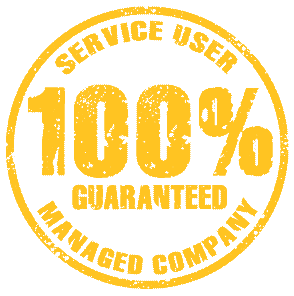

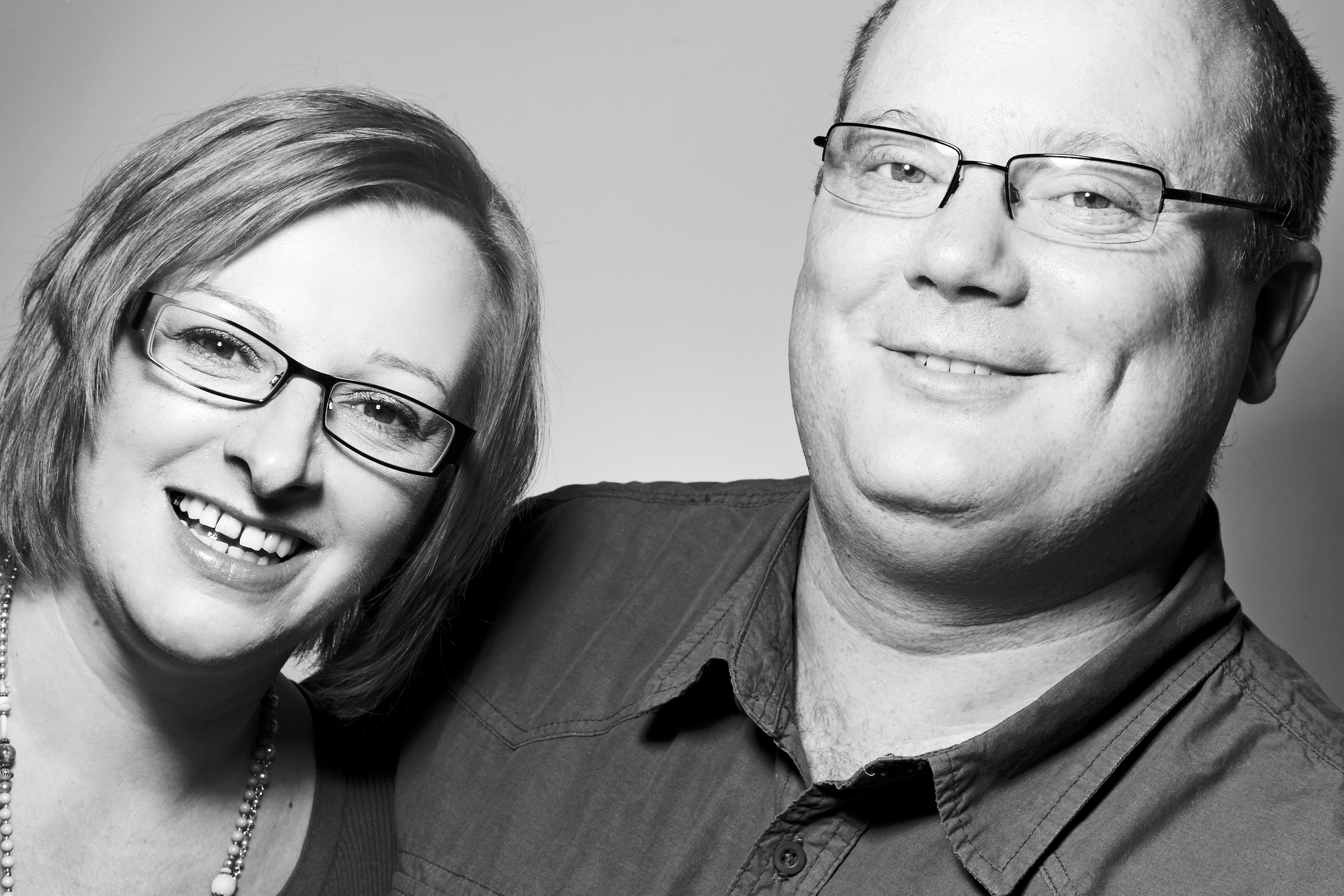
Download the PDF version of this interview here.
Thank you for taking the time to complete these interview questions.
Please, tell us about yourself – where were you born and raised? What did you parents do for a living? Do you have any siblings? What was life like growing up in childhood?
What education course did you follow? Where did life take you after this?
What is the earliest childhood memory you can remember?
Would you like to share about your mental health history?
Please tell us about your journey into recovery?
Do you have any ‘coping strategies’ that you use?
You are founder and coordinator of RAISE Ltd – please share how this came about? What is the Company all about?
What has been the personal highlight(s) of your career in mental health?
What do you have lined up for 2013?
And after that, what does the future hold for you?
Favourite Quote?
FEATURE OF THE MONTH
March 2013
Ivan Barry
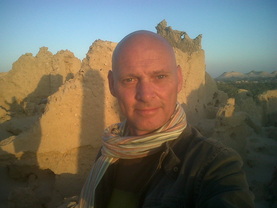
Download the PDF version of this interview here.
Thank you for taking the time to complete these interview questions.
What is your background? Tell us about yourself? Where were you born and raised?
What is the earliest childhood memory you can remember?
What education course did you follow? And what happened after?
How did you end up in mental health, specifically ‘hearing voices’?
Would you like to tell us about your ‘mental health’ history?
What has been the highlight of your career to date?
Do you have any ‘coping strategies’ that you use on a daily basis?
What do you have lined up for 2013?
Favourite Quote?
You can catch all this and more of Ivan Barry at: https://visionsandvoices.weebly.com/
FEATURE OF THE MONTH
February 2013
Bruce White, Mental Health Befriending Service - Winchester
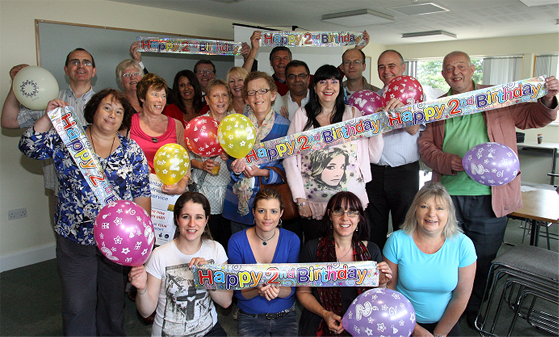
Download the PDF version of this interview here.
Thank you for taking the time to complete these interview questions.
The Mental Health Befriending Service has been running in the Winchester District since August 2010. The MHBS recruits, trains and supports volunteer ‘befrienders’ to befriend those with enduring mental health issues. They seek to provide companionship, thus reducing social isolation and enabling integration back into the community.
What is your background?
Where were you born and raised?
Went to college/school?
What profession did you follow after?
And how did this lead you to the MHBS?
What is your earliest childhood memory you can remember?
What motivated you, personally, to work for the MHBS?
What has been the highlight of your time so far with the MHBS?
In what ways as the MHBS been successful?
The MHBS has put on various events in the past...?
What events are lined up for 2013?
What does the future hold for the MHBS?
What is your favourite quote?
FEATURE OF THE MONTH
January 2013
Ron Unger
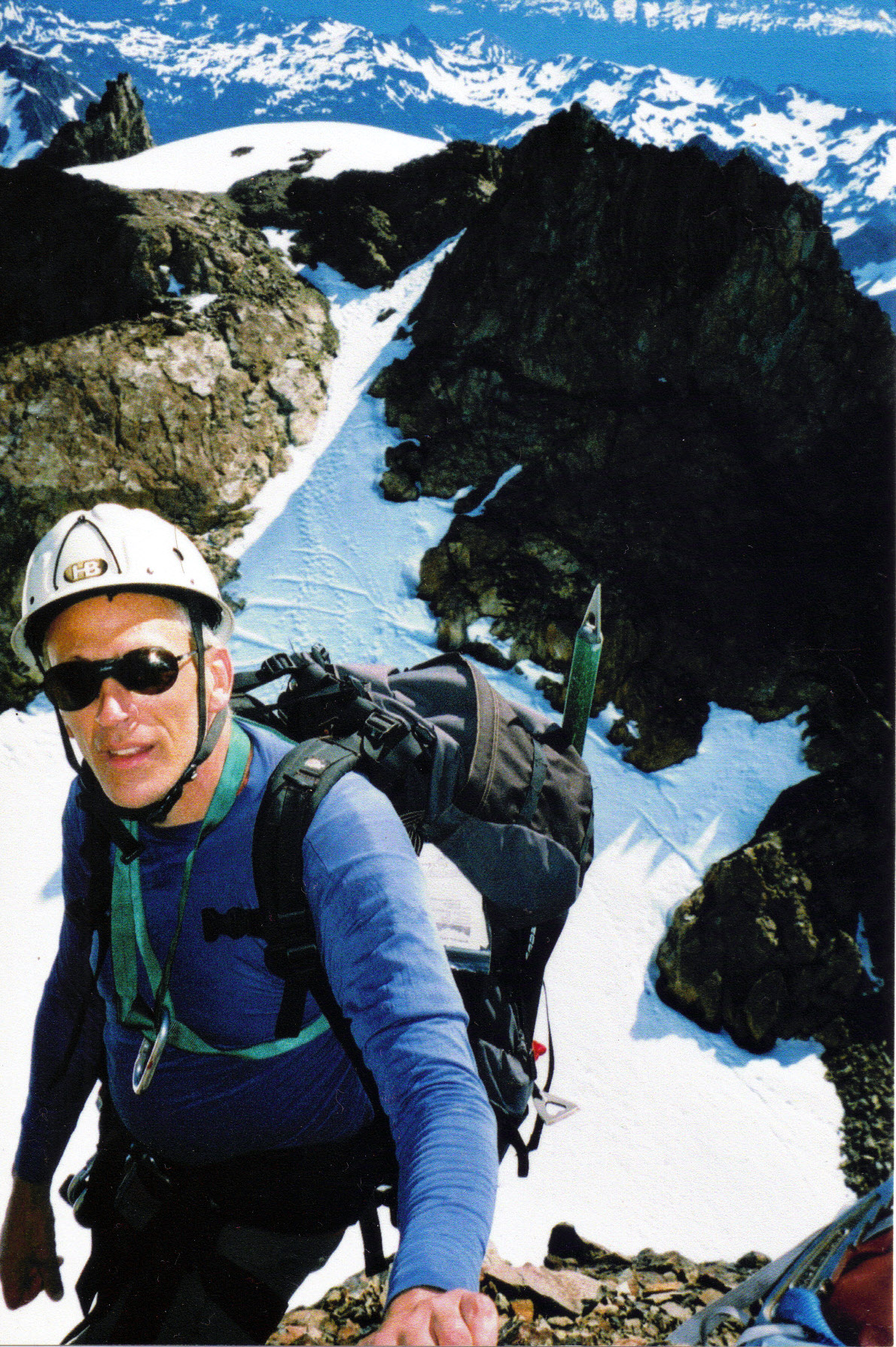
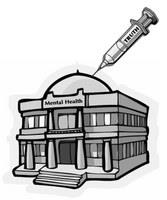
Download the PDF version of this interview here.
Thank you for taking the time to complete these interview questions.
Recovery from “schizophrenia” and other “psychotic disorders” – New understandings of the mind and of madness can open new doors to full recovery – Ron Unger
(Background:) Where were you born and raised? What did your parents do for a living? Do you have any siblings? What was life like growing up for you?
What is the earliest childhood memory you can remember?
Which University/College did you go to? What course of studies did you follow? What happened next?
Where did it all start for you - to become a therapist and help others diagnosed with schizophrenia/psychosis?
What does cognitive therapy for psychosis entail?
Do you have any ‘coping strategies’ that you engage in, in your daily life?
What does the future hold for you? Where can people see you next?
Favourite Quote:
You can catch all this and more of Ron Unger at: http://recoveryfromschizophrenia.org/
Ron Unger co-wrote MindFreedom’s Truth Injection Brochure to combat misinformation commonly spread by the mental health system.
FEATURE OF THE MONTH
December 2012
Joseph Loughborough
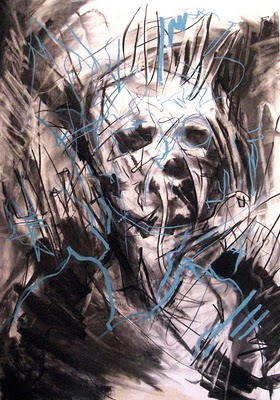


Download the PDF version of this interview here.
Thank you for taking the time to complete these interview questions.
Joseph Loughborough has an extensive set of art work from a series called ‘Psychosis’.
Where were you born? What did your family do for a living?
What is the earliest childhood memory you can remember?
What got you into Art? How old were you? Did you take Art at school/college?
How did you start on such magnificent series, called ‘Psychosis’?
Where do you draw your inspiration from?
What ‘coping strategies’ do you indulge in as an artist?
What were you doing before 2009?
What will you be doing after 2012? What does the future hold for you?
Famous Quote:
Website http://www.josephloughborough.co.uk/
Gallery representation
UK - http://thefuturetense.net/
Other links
Face book Page - https://www.facebook.com/josephloughboroughartpage
FEATURE OF THE MONTH
November 2012
Simon Gunton, CEO SHINE ON Campaign
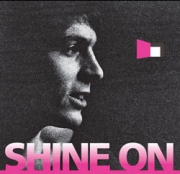
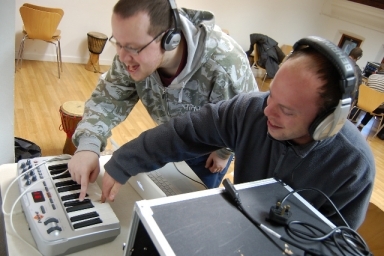
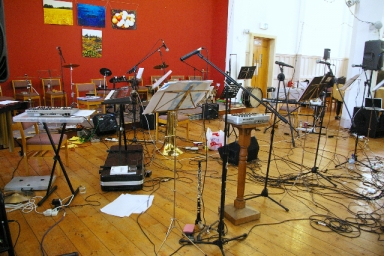
Download the PDF version of this interview here.
Thank you for taking the time to complete these interview questions.
Squeaky Gate is an extraordinary and creative charity, empowering people through music and the arts. We deliver a wide programme of live performance, creative training and accredited learning, focusing on producing and performing strong and original work.
Squeaky Gate works collaboratively to improve people’s mental health and wellbeing and facilitate their social and economic inclusion through music. We proactively target our services at people at risk of social exclusion and work closely with partners from education, health, community and business sectors.
How long has Squeaky Gate been running – how long has it been offering this great positive outreach to people with mental health problems through music?
How did it all get started?
How big is the team at Squeaky Gate?
There is an extensive list on their portfolio of various past productions raising awareness on mental health since 2005 through the empowerment of live music performances.
However, I see the list runs out towards the end of 2011, what happened for 2012?
What will the future hold for Squeaky Gate?
Squeaky Gate runs both regular and one-off workshops offering students the chance to find their feet, learn skills, get qualifications and spread their wings. For many, our workshops provide a vital step towards employment. Most of our regular workshops are OCN accredited Music Performance and Technology. They gain a Level 2 qualification (equivalent to 5 GCSE’s grade A-C) whilst creating material and having fun.
Squeaky Gate recently opened their first community recording studio in Cambridge with a range of multi-purpose facilities for hire (performance space, community recording studio and mac-suite/teaching room).
Must be amazing with fresh vibrant talent walking in ‘straight off the streets’, coming in to record in the studio. Have any of the people attending the workshops/recording studio been successful in a new music career?
Why music? How does music help mental health patients to cope?
What instruments are most popular at the workshops?
What kind of music do you do? Classic/rock/folk/jazz/pop?
Who teaches at the workshops?
What age are the people that join the workshops? Any kids?
Are the workshops free to attend?
Can you bring your own instrument?
Are the workshops at night/weekends open?
Are they held all over the UK?
SHINE ON – Campaign
‘Empowering people through music’
FEATURE OF THE MONTH
October 2012
Dr Simon McCarthy-Jones

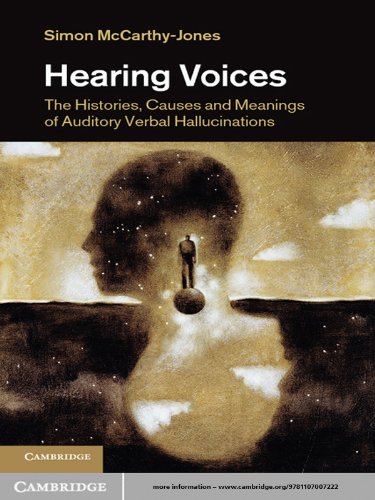
Download the PDF version of this interview here.
Thank you for taking the time to complete these interview questions.
1. Have you always been with Macquarie University in Sydney? If not, from which University did you graduate? What led to your ending up in Macquarie?
He has successfully been publishing various journal papers on psychosis with research collaborations from the likes of Yale University in New York since 2007.
2. Are there any ‘coping strategies’ that you engage in as a writer, e.g. when you wrote the book or the papers?
3. Do you have any ‘coping strategies’ that you engage in in daily life? Despite not being a voice hearer?
4. Interesting book, please, could you say a bit more about it? When was it published, the journey it took you to write it? What got you interested in ‘hearing voices’/auditory hallucinations specifically?
5. On this journey, was any part harder than another part? Was there an easy part?
6. What has been the highlight of your career to date?
7. What can we anticipate to come from ‘Hearing the Voice’? (link to website)
8. Upcoming events or what does the future entail for you? Where people can see you next?
Favourite Quote:
You can catch all this and more of Dr Simon McCarthy-Jones at: http://www.simonmccarthyjones.com/
FEATURE OF THE MONTH
September 2012
Rachel Waddingham
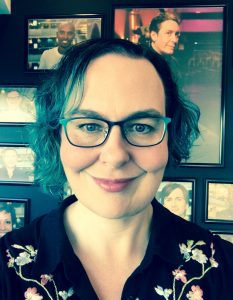
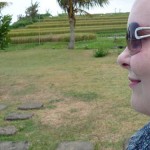
Download the PDF version of this interview here.
Thank you for taking the time to complete these interview questions.
Rachel Waddingham grew up in Leicestershire …
What did your mother and father do for a living?
Do you have any siblings?
At age 20 Rachel ended up in hospital after a mental breakdown, it was due to trauma she had experienced in her life leading up to this point, but most importantly, it was due to the inhibited ‘silence’ of dealing with the trauma. “By that point I was trapped inside a confusing world of alien conspiracies, paranoia, voices and traumatic flashbacks…”
What was your most effective ‘coping strategy’ for when the voices were at their worst?
And for dealing with your unusual experiences?
What was your most effective coping mechanism for dealing with ‘self-harm’?
How did you ultimately ‘break the silence’?
What has been the most important to you on the road to recovery?
What has been the hardest part on the road to recovery for you?
Was there any easy part?
Three years ago you decided to come off your medication, you say that you “now hear voices more than ever…”
What was the driving force behind your decision to come off your medication?
What has been your most effective ‘coping strategy’ for now dealing with this increased intensity of your psychosis?
Can you now throw a pretty good left hook? :)
Did the boxing help? In what way?
What has been the most effective approach to recovery for you? Physically, mentally (psychologically) and spiritually?
Favourite Quote:
You can catch all this and more of Rachel Waddingham at www.behindthelabel.co.uk
More Info:
When did you start your work with Voice Collective? (http://www.voicecollective.co.uk/
In your own words what exactly is voice collective?
What does the future hold?
FEATURE OF THE MONTH
August 2012
Rufus May
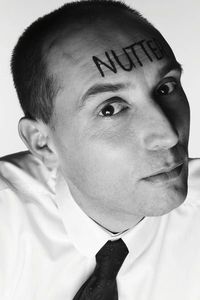
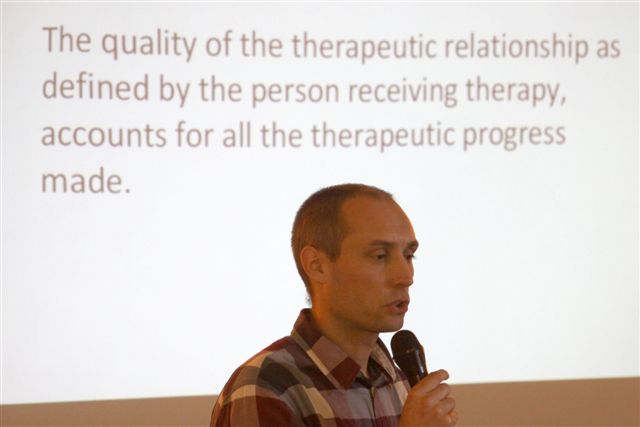
Download the PDF version of this interview here.
Thank you for taking the time to complete these interview questions.
Rufus May was born in Hitchin and raised in London. His father was a graphic designer and he has one younger brother.
What was family life like for you in your early childhood years?
What is your earliest memory you can remember?
What is it that got you into psychology within mental health?
He wanted a "range of approaches on offer that see people’s manifestations of distress as meaningful and aim for recovering a valued lifestyle" (A Mad Summer's Day by Rufus May, Asylum).
He got his degree at the Royal Holloway and Bedford New College in 1998 and has been working for 14 years as a clinical psychologist with extreme states that get called 'psychosis'.
Highlight of your career to date?
EFFECTIVE APPROACH FOR RECOVERY
He talks openly with his patients, "I prefer making sense with a person about their experience", for after all it is the "clients who have an expertise about their own life" (Guardian).
He is very involved in the recovery process.
Channel 4 documentary: 'The doctor who hears voices' (21 April 2008)
You are a bit famous for your unique engagement in un-medicated therapy, quoted that "psychiatric medication is over-used as a substitute for really listening to people's experiences" (29 July 2011 - live webchat with Rethink). During the film you take a radical approach in listening and speaking through her (Ruth) to her 'voice'...
What was Ruth's most effective 'coping strategy' when she was experiencing the voices at their worst?
And when she was dealing with her false beliefs?
What was the hardest part about filming this documentary?
For you, personally?
PSYCHOSIS
Rufus on psychosis: "I find it helpful to use terms such as voices and disturbing or alternative beliefs, rather than the terms hallucinations and delusions." Some of his online articles exploring auditory hallucinations further include:
* 'New paper I have written on unusual beliefs' (2010)
* 'Changing the power relationship with your voices'
* 'Talking with voices' (2012)
Rufus May Famous Quote:
You can catch all this and more of Rufus May at: http://www.rufusmay.com/